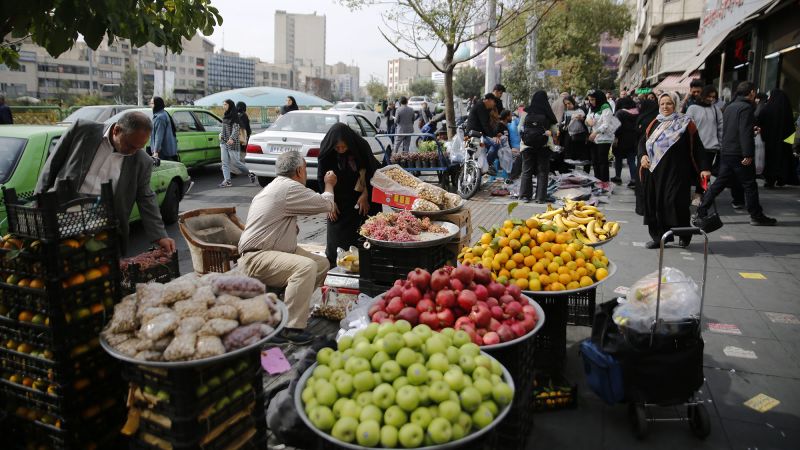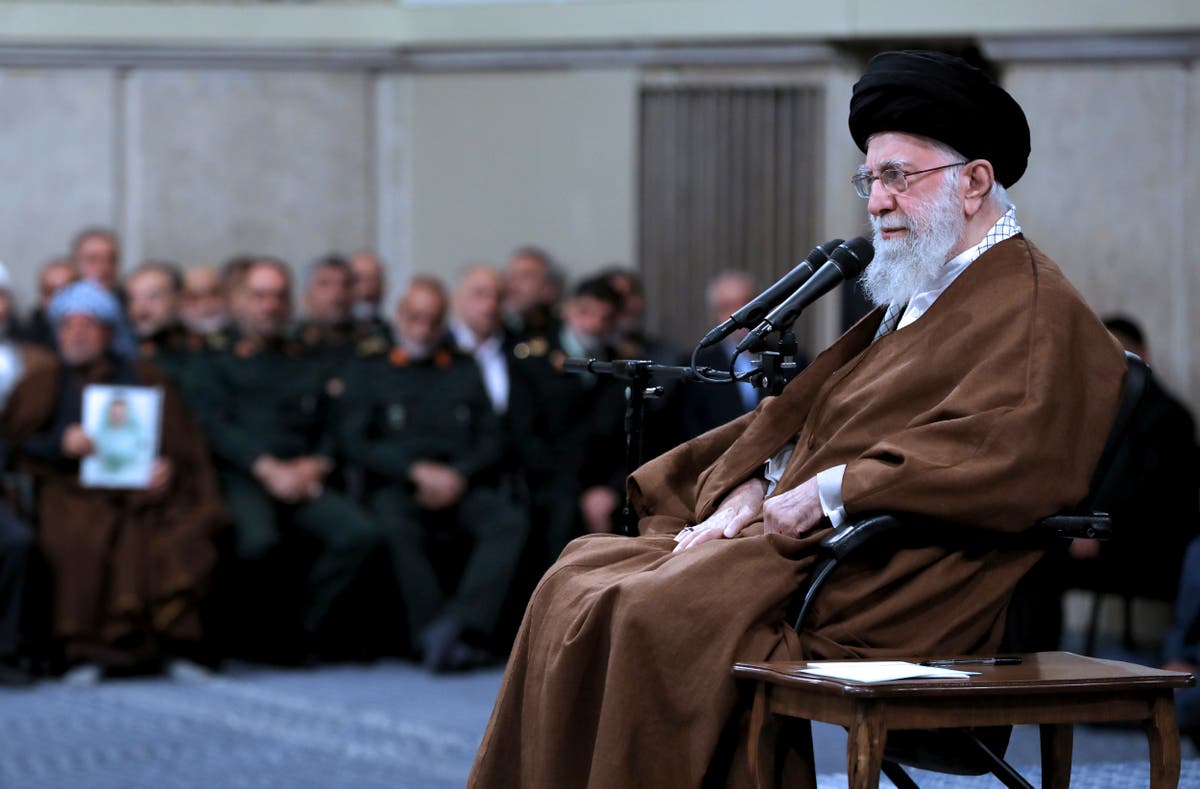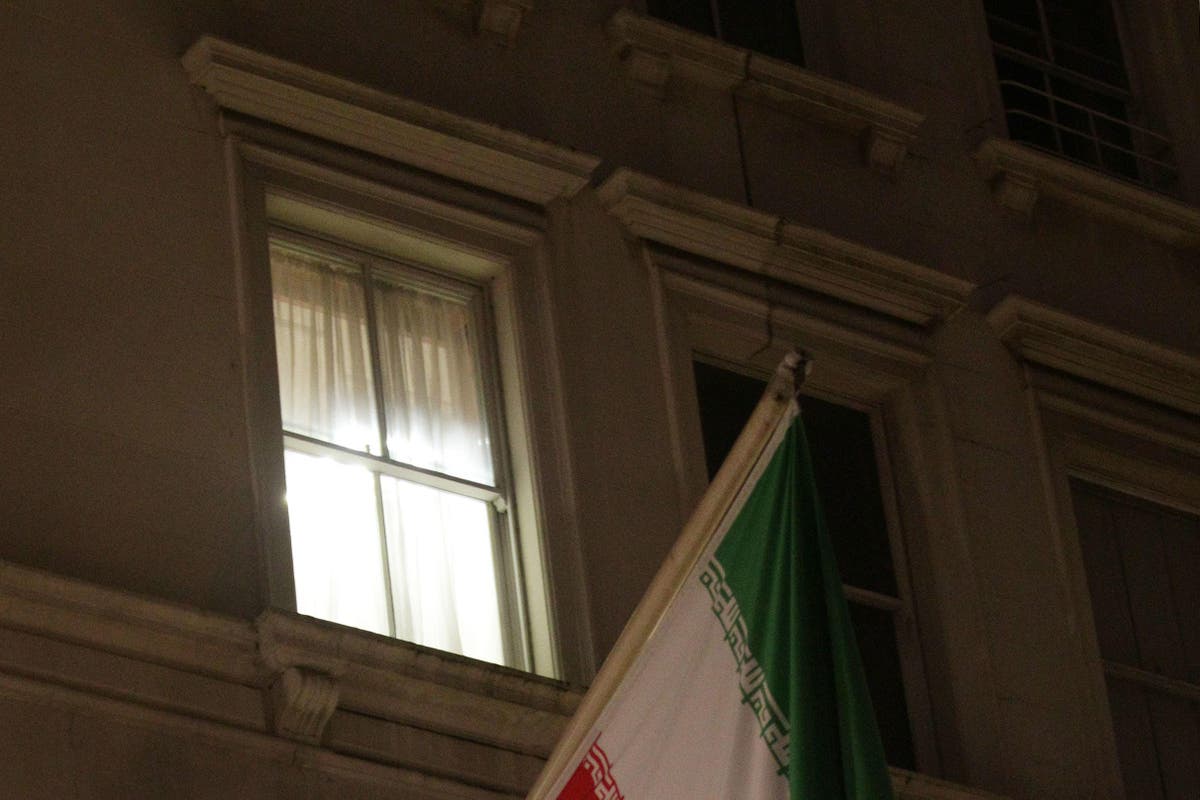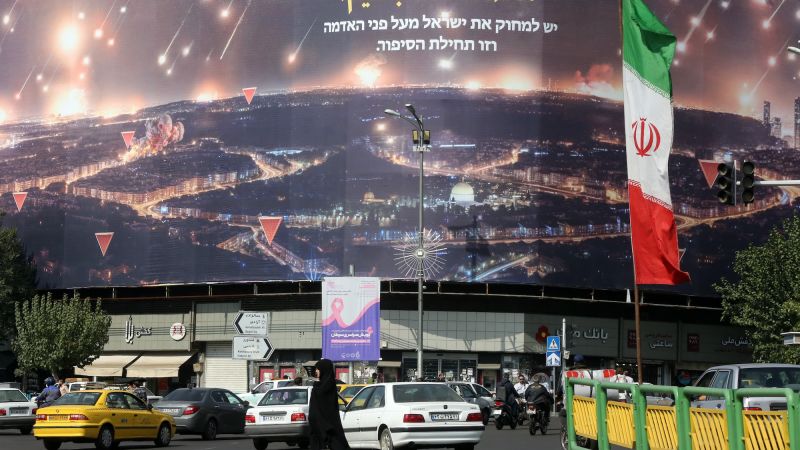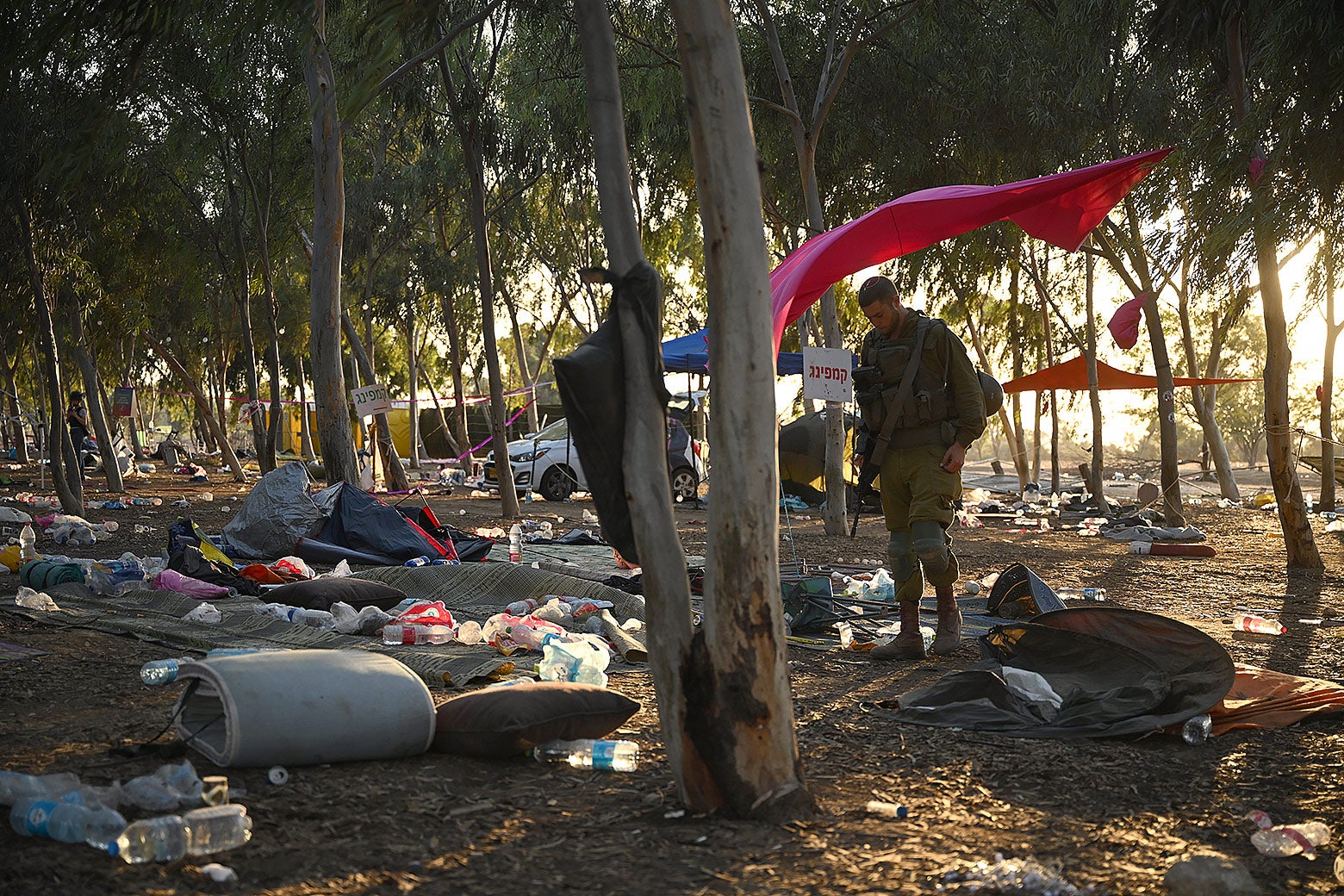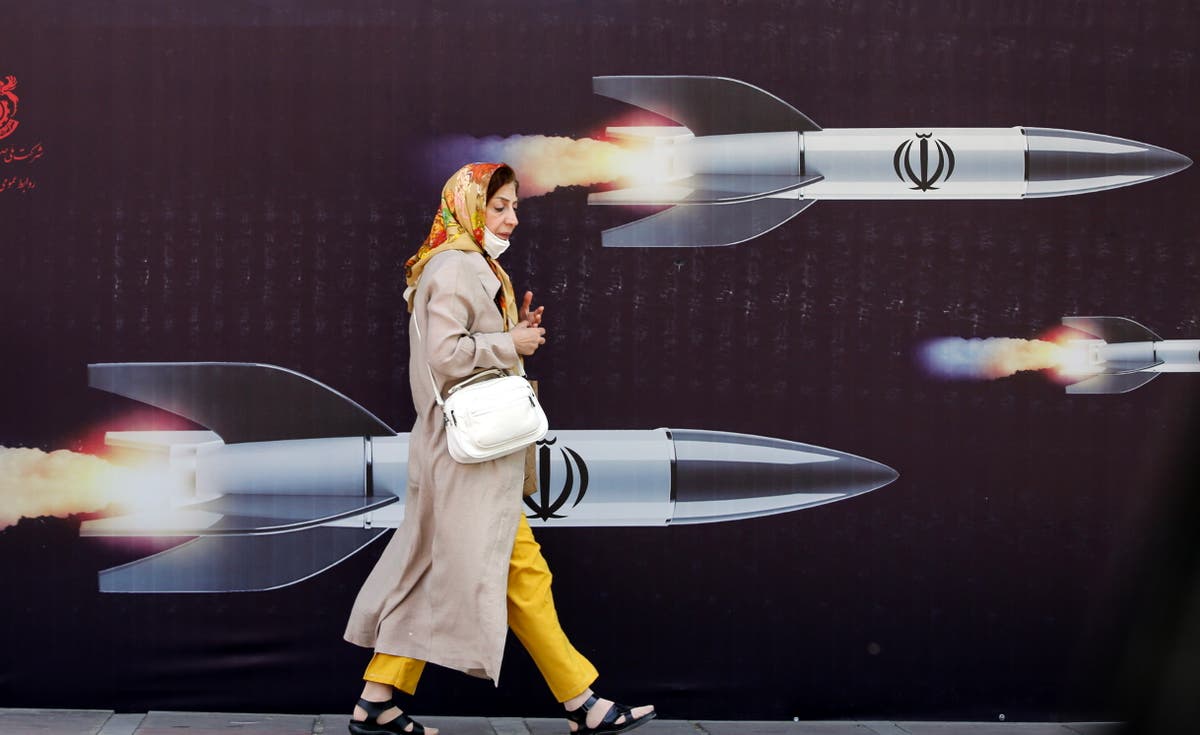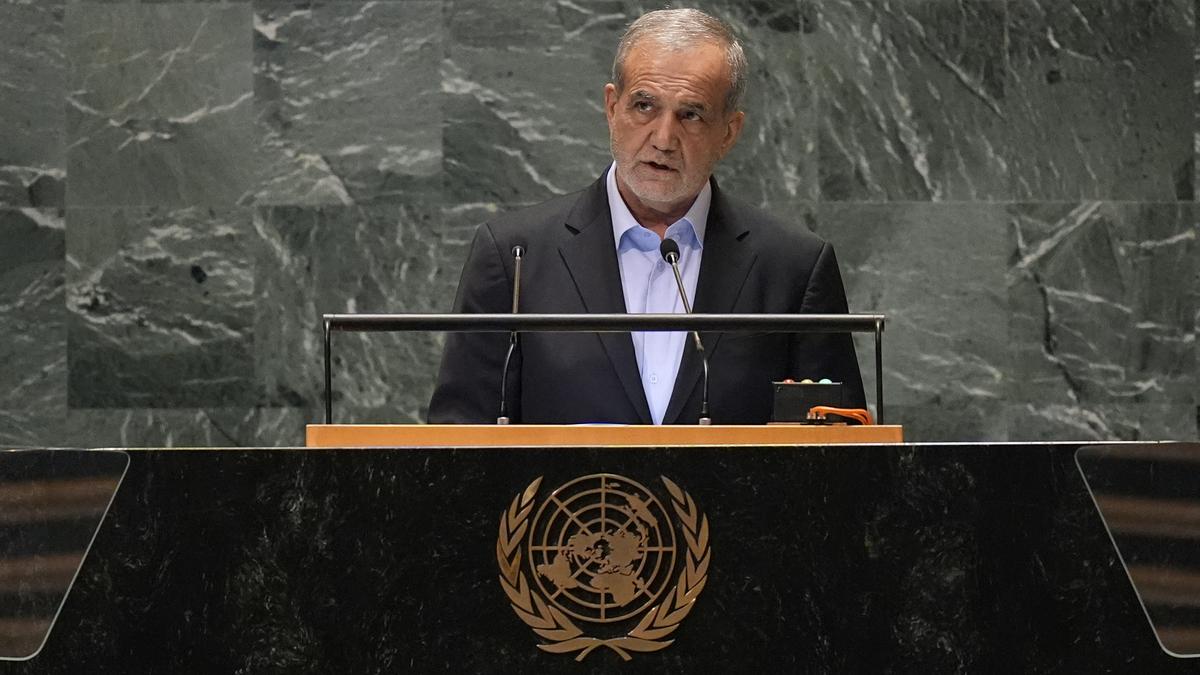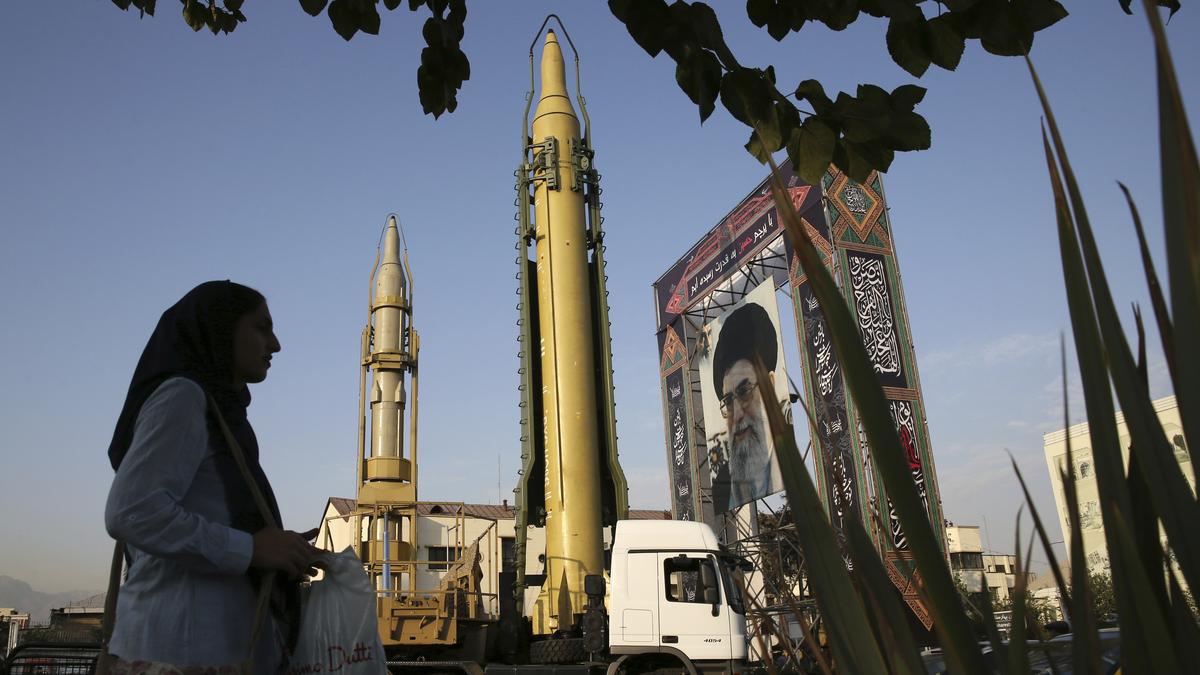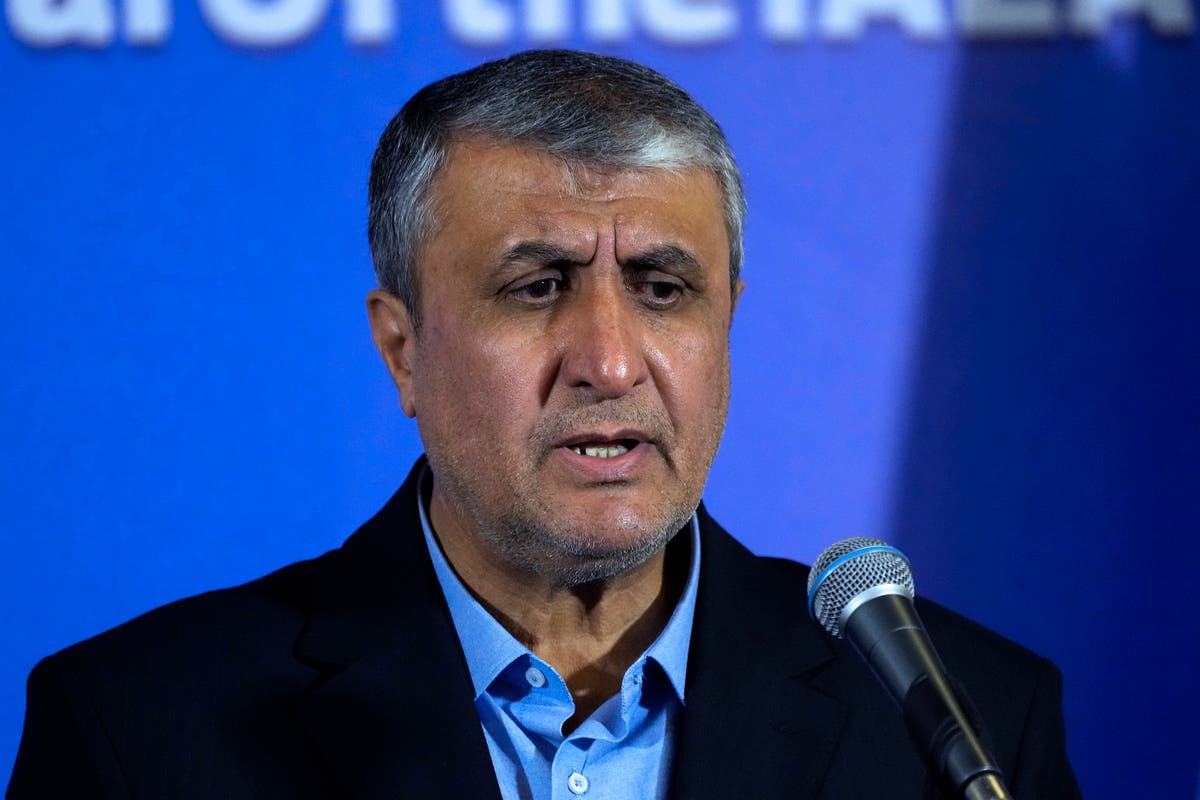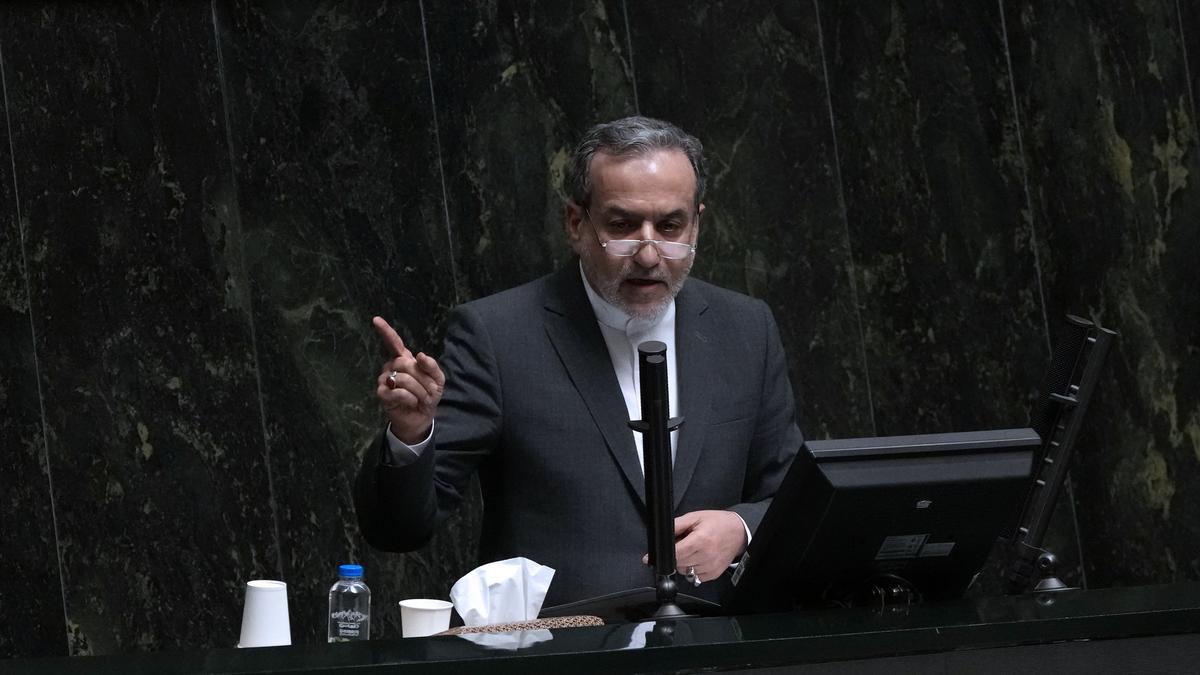
As nuclear talks resume in Vienna, the game has just begun
CNNEditor’s Note: Aaron David Miller is a senior fellow at the Carnegie Endowment for International Peace and author of “The End of Greatness: Why America Can’t Have Another Great President.” Miller was a Middle East negotiator in Democratic and Republican administrations. Aaron David Miller Courtesy Aaron David Miller Indeed, right now, probably neither the Biden administration nor Iran’s Supreme Leader believes a mutually acceptable agreement is feasible. Moreover, the unilateral US withdrawal from the accord; Iran’s breaching of the agreement by expanding its uranium enrichment, after initially adhering to the pact after the US abandoned it; additional US sanctions; Iran’s refusal to allow IAEA monitoring of sensitive nuclear sites have not only shattered what trust and confidence existed, particularly between the US and Iran; but also raised serious questions – with some key provisions due to sunset by 2025 – about whether the original agreement was becoming obsolete and irrelevant. As for the Americans, the Biden administration’s intention to rejoin the accord was complicated by the President’s other priorities; the new web of sanctions imposed on Iran by his predecessor; by Biden himself; and by growing opposition by Republicans and some Democrats alike to an accord that didn’t cover Iran’s efforts to spread its influence in the region, especially its support for pro-Iranian groups striking US military bases in Syria and Iraq and its burgeoning ballistic missile programs. Indeed, if Iran comes back with new and fanciful demands, as its foreign minister and lead negotiator have recently outlined – i.e., that the talks have nothing to do with the nuclear issue, only removing ”inhumane” US sanctions, one can imagine a game of gotcha with each side trying to persuade its friends and the rest of the world that it’s the other party who’s being unreasonable.
History of this topic
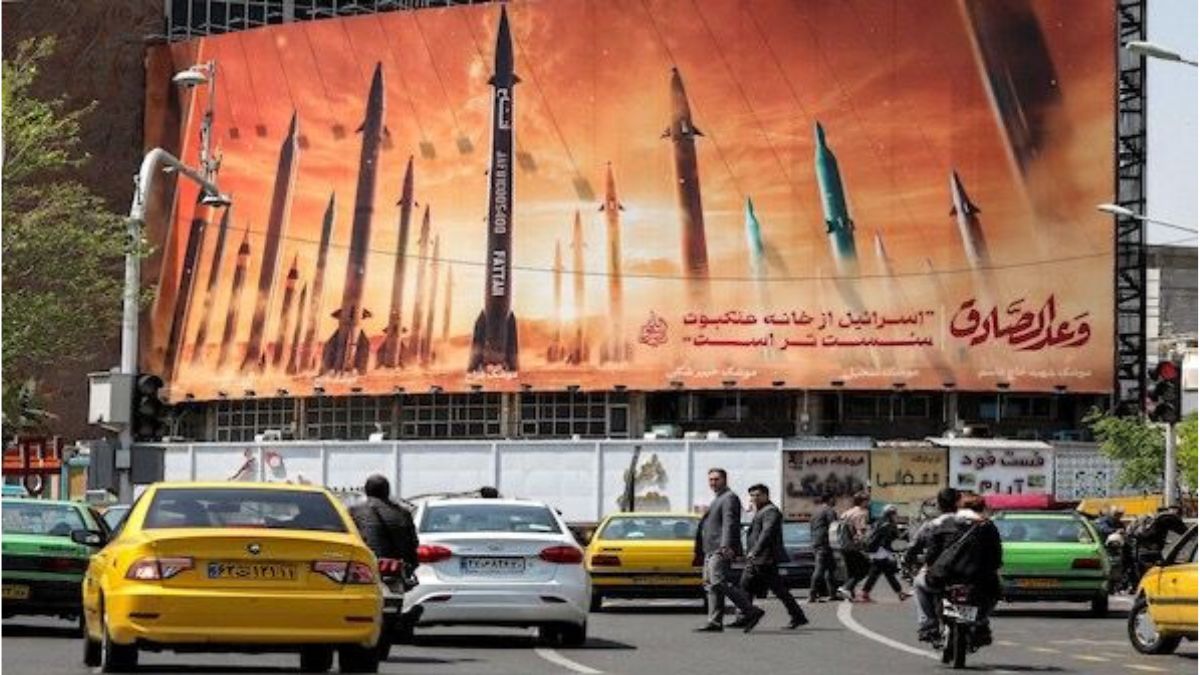)
Under Trump's shadow, Iran-Europe nuclear talks to be test of diplomacy
FirstpostUN nuclear agency’s board condemns Iran for the 2nd time this year for failing to fully cooperate
Associated Press)
'Red lines have sometimes been ignored...': Iran says reviving nuclear deal 'useless'
Firstpost
Iran says reviving nuclear deal 'useless': ‘Red lines sometimes ignored’
Hindustan Times
US announces new Iran sanctions as prisoner swap looms
Al Jazeera
Joe Biden launches bid to ease tensions with Iran ahead of 2024 elections
The Telegraph
Five years after Trump’s exit, no return to the Iran nuclear deal
Al Jazeera
Iran may set deadline for nuclear talks, says FM Amir-Abdollahian
Al Jazeera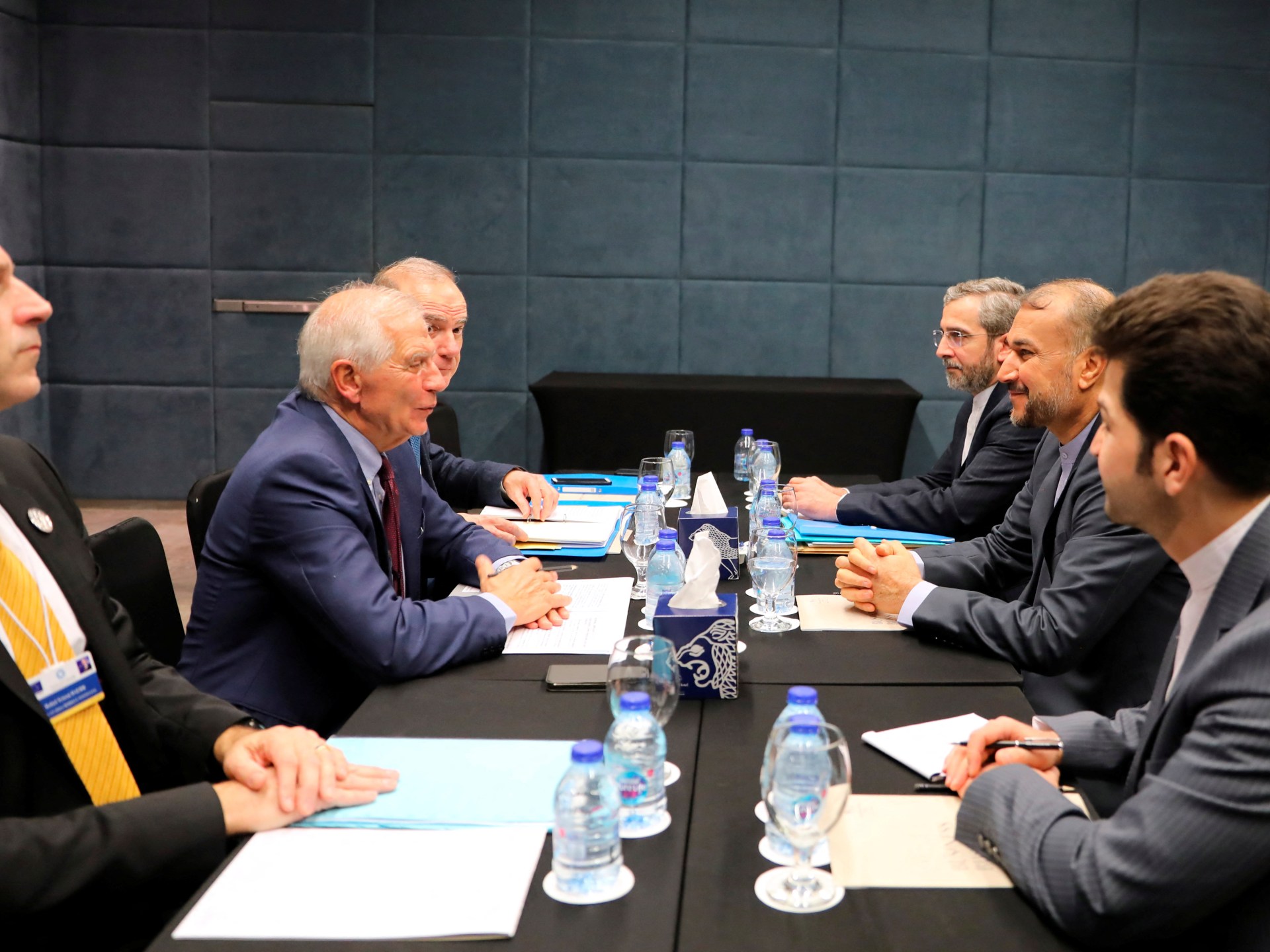
Iran and EU signal continued work on nuclear deal in Jordan
Al Jazeera
New IAEA resolution censures Iran over insufficient cooperation
Al Jazeera)
Iran to open legal battle before International Court of Justice to unfreeze billions in US assets
Firstpost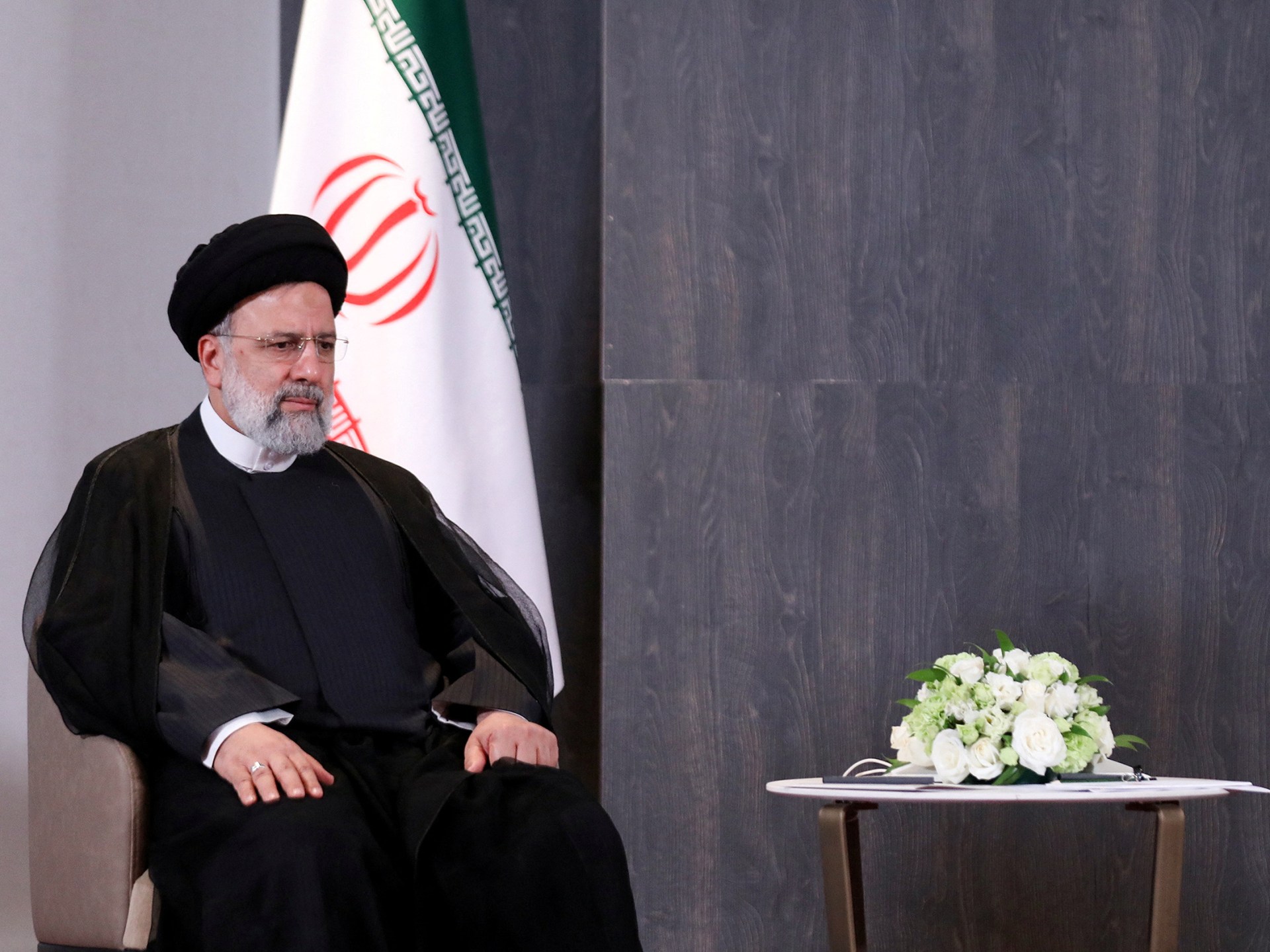
Iran’s Raisi says sanctions must be lifted to reach nuclear deal
Al Jazeera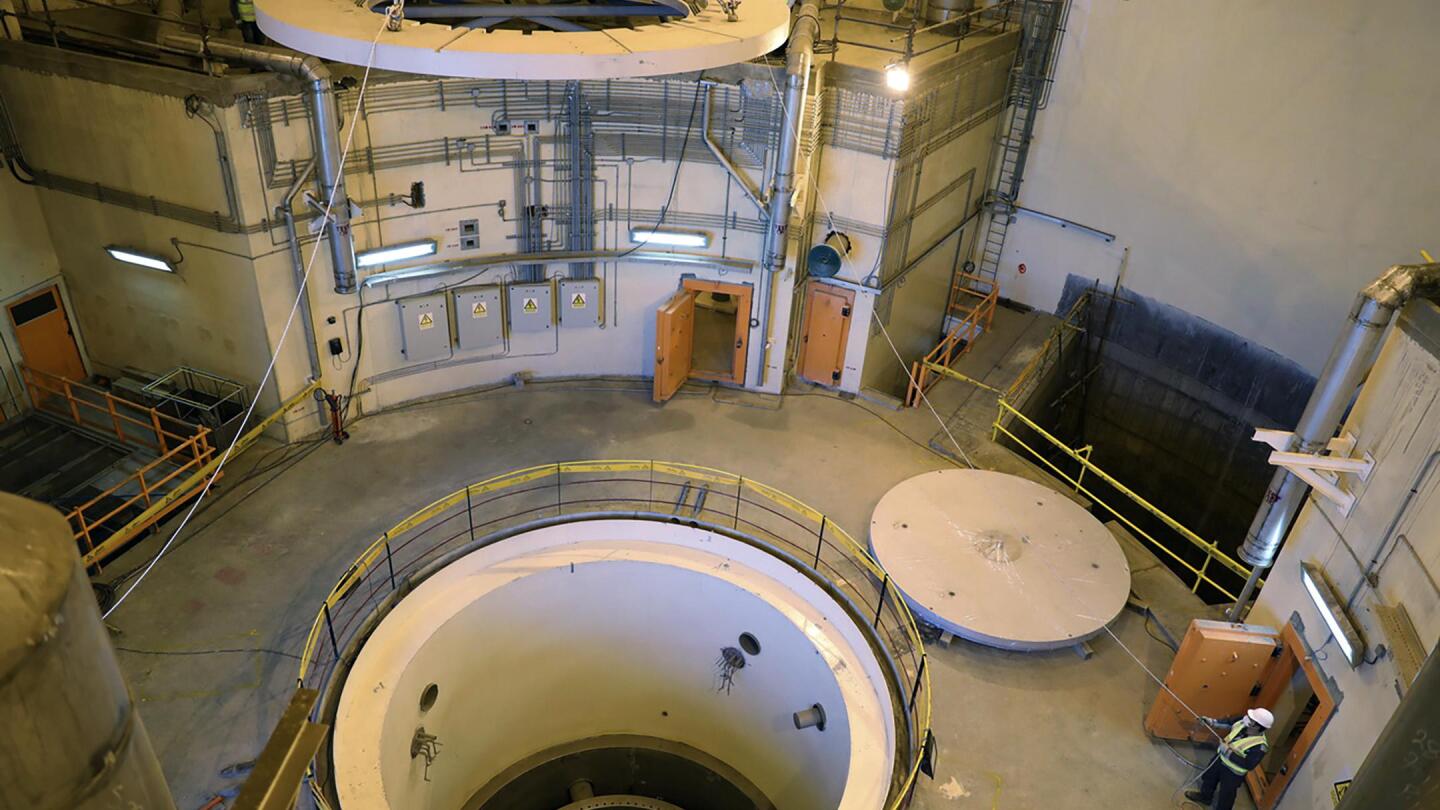
France, Germany, Britain press Iran on renewed nuclear deal
Associated Press
Iran says European statement on nuclear talks ‘regrettable’
Al Jazeera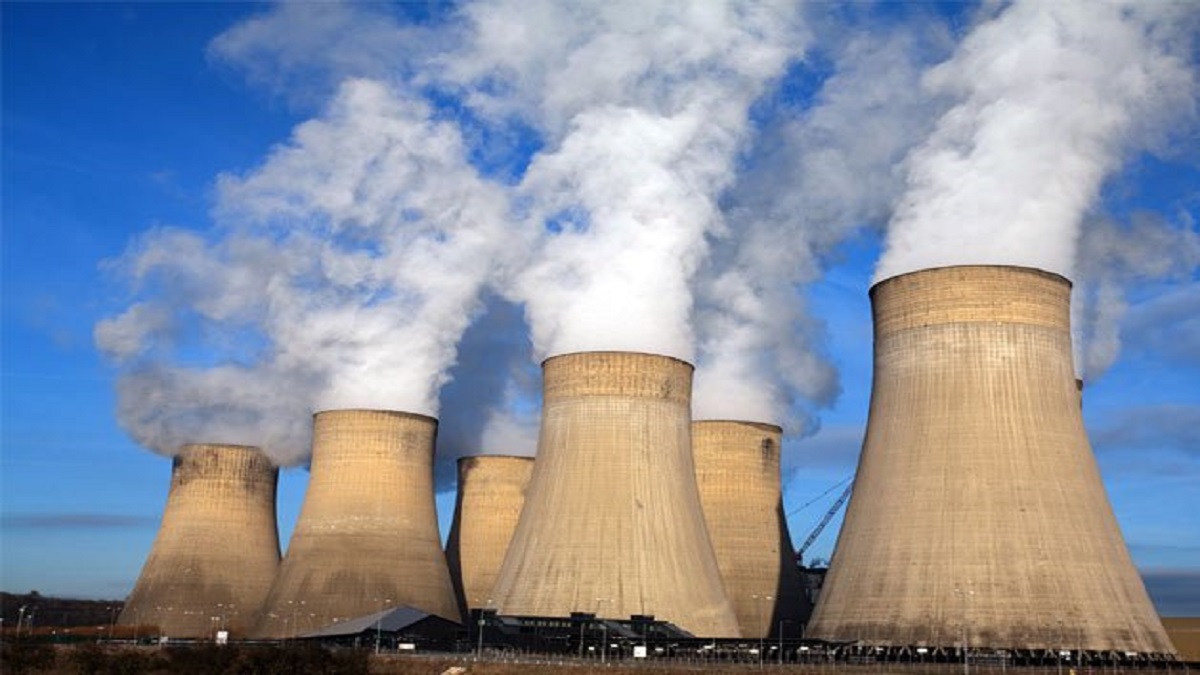
France, Germany, Britain press Iran on renewed nuclear deal
India TV News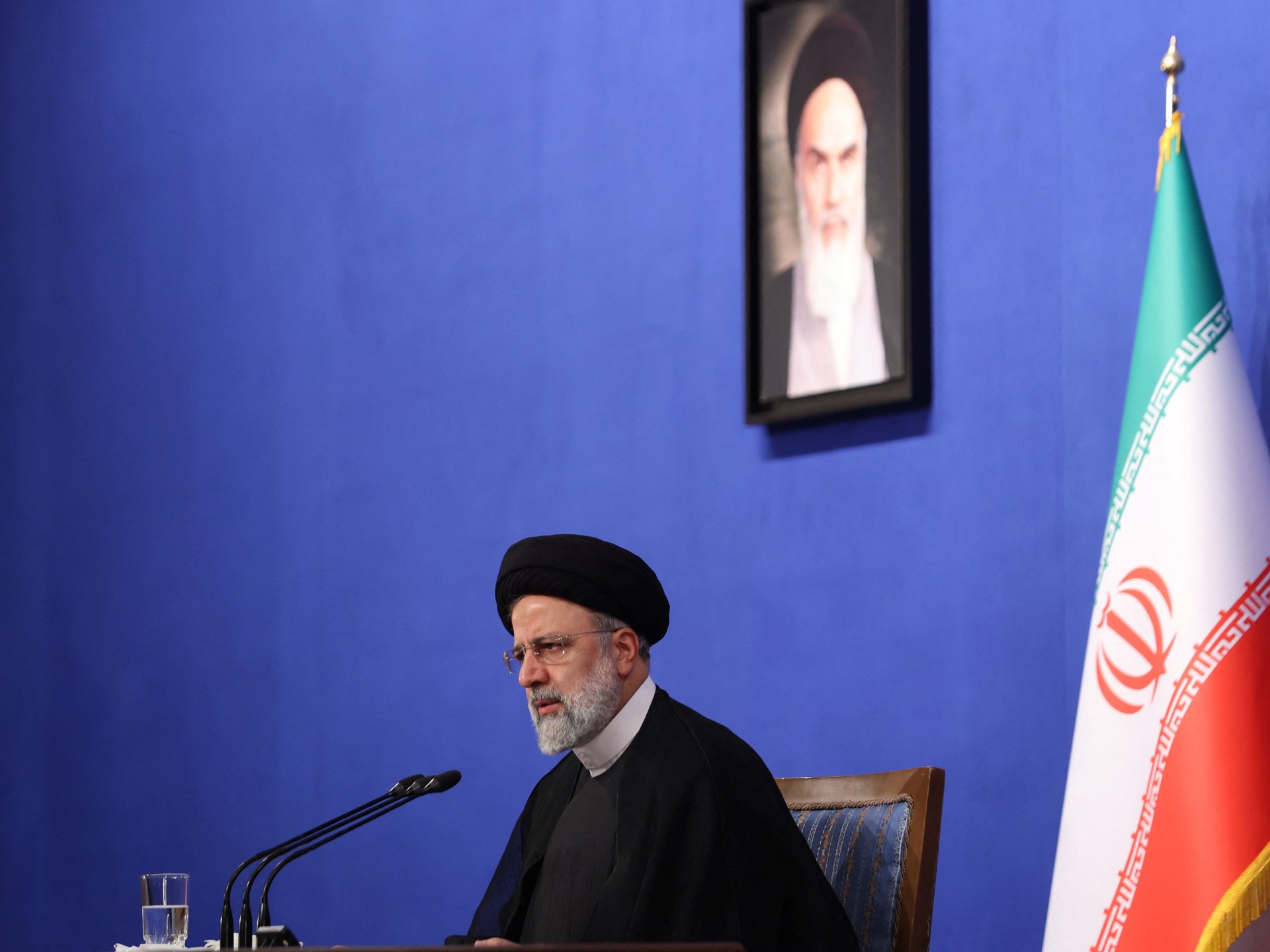
Iran’s Raisi: IAEA inquiry must close for nuclear deal to happen
Al Jazeera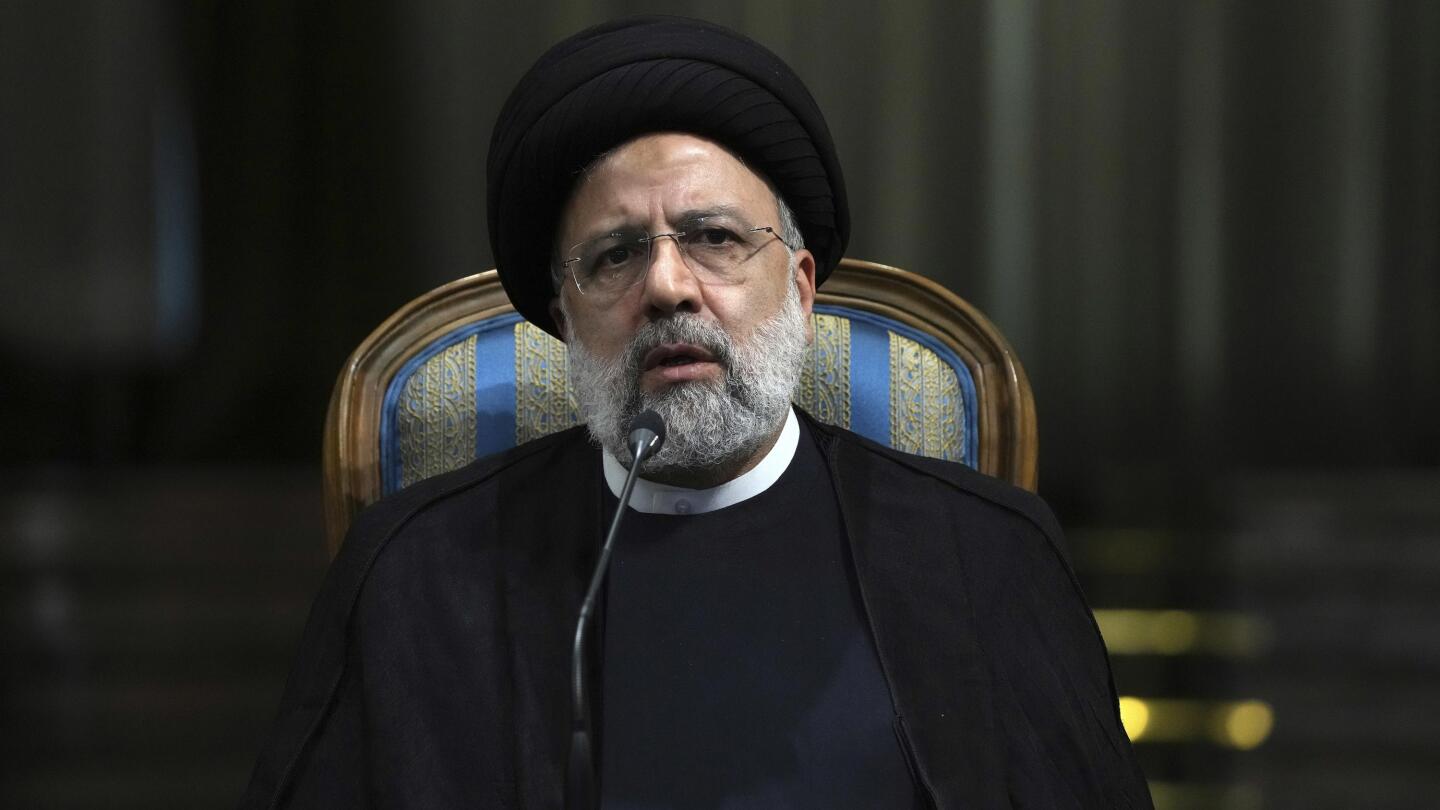
US, Iran inch closer to nuke deal but high hurdles remain
Associated PressIran has dropped some demands for nuclear deal -U.S. official
The Hindu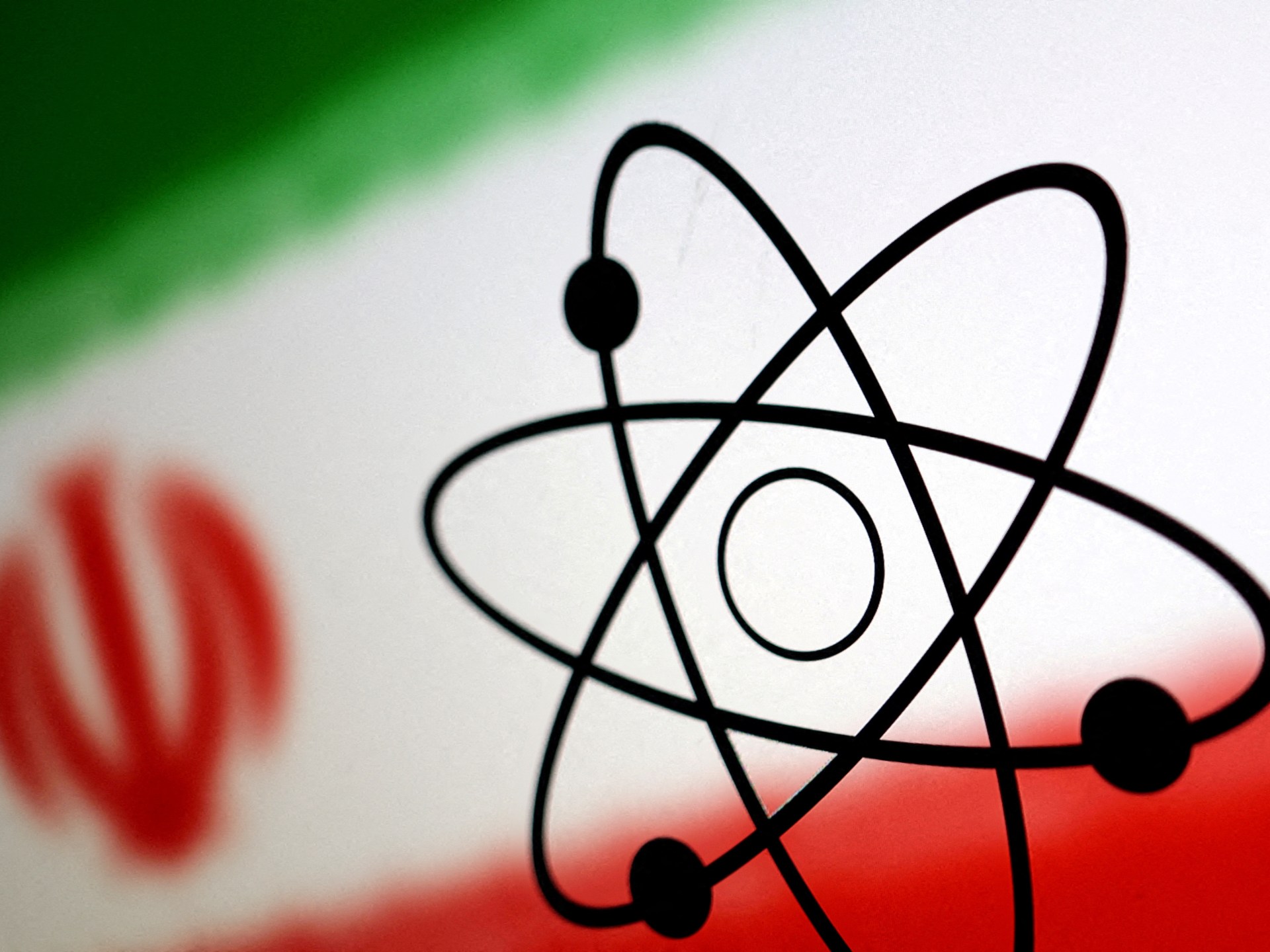
Analysis: Are the US and Iran about to restore the nuclear deal?
Al Jazeera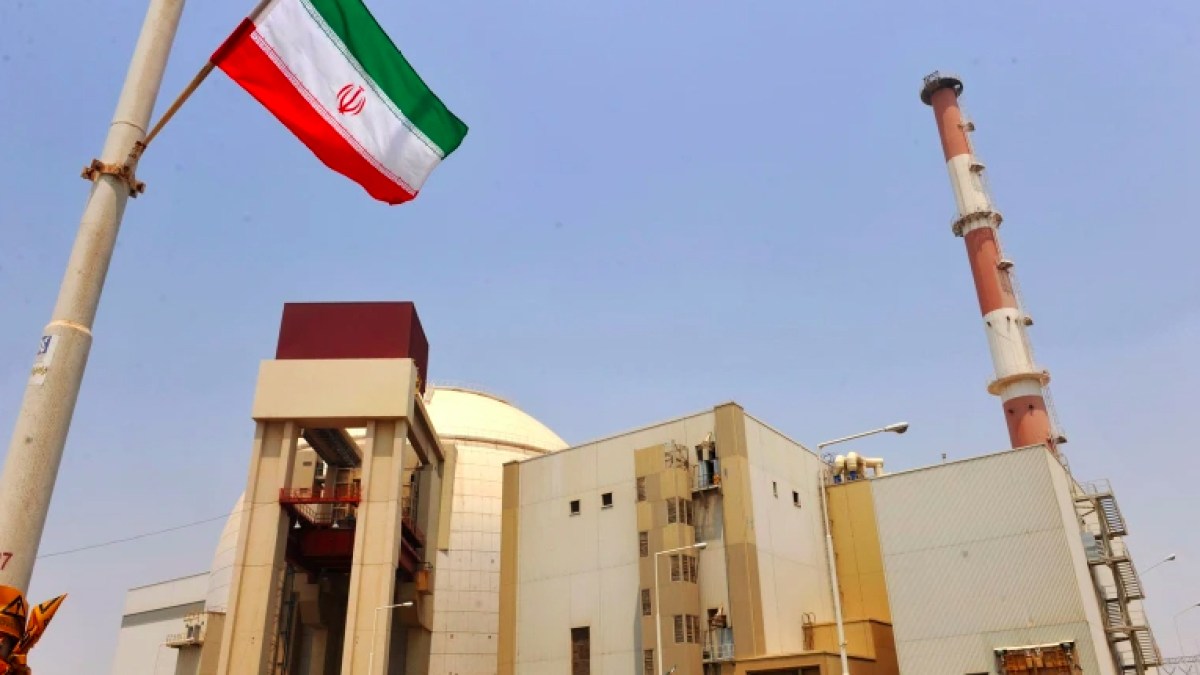
Is a return to the Iran nuclear deal imminent?
Al Jazeera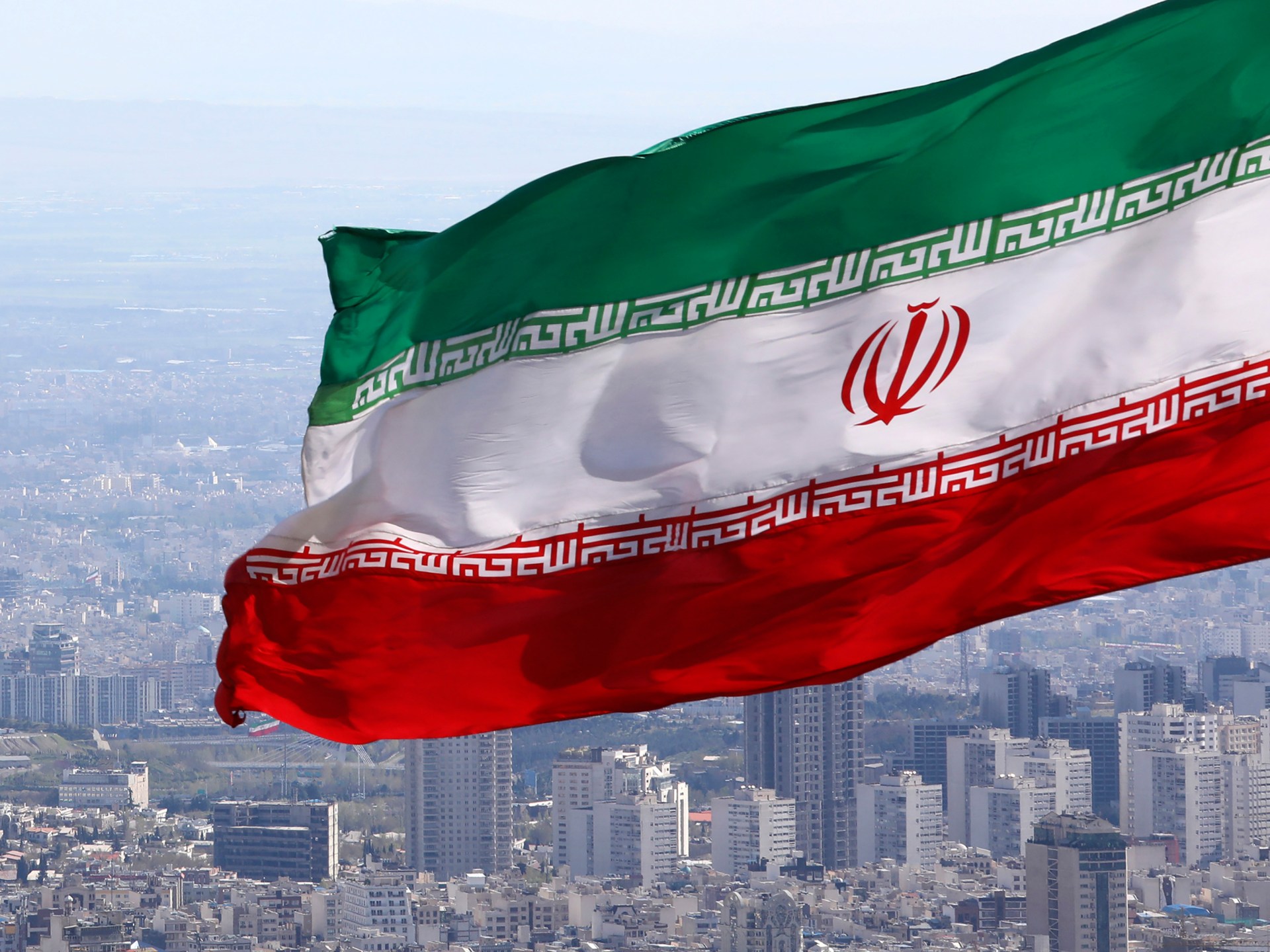
Are Iran and the West about to finally agree a nuclear deal?
Al Jazeera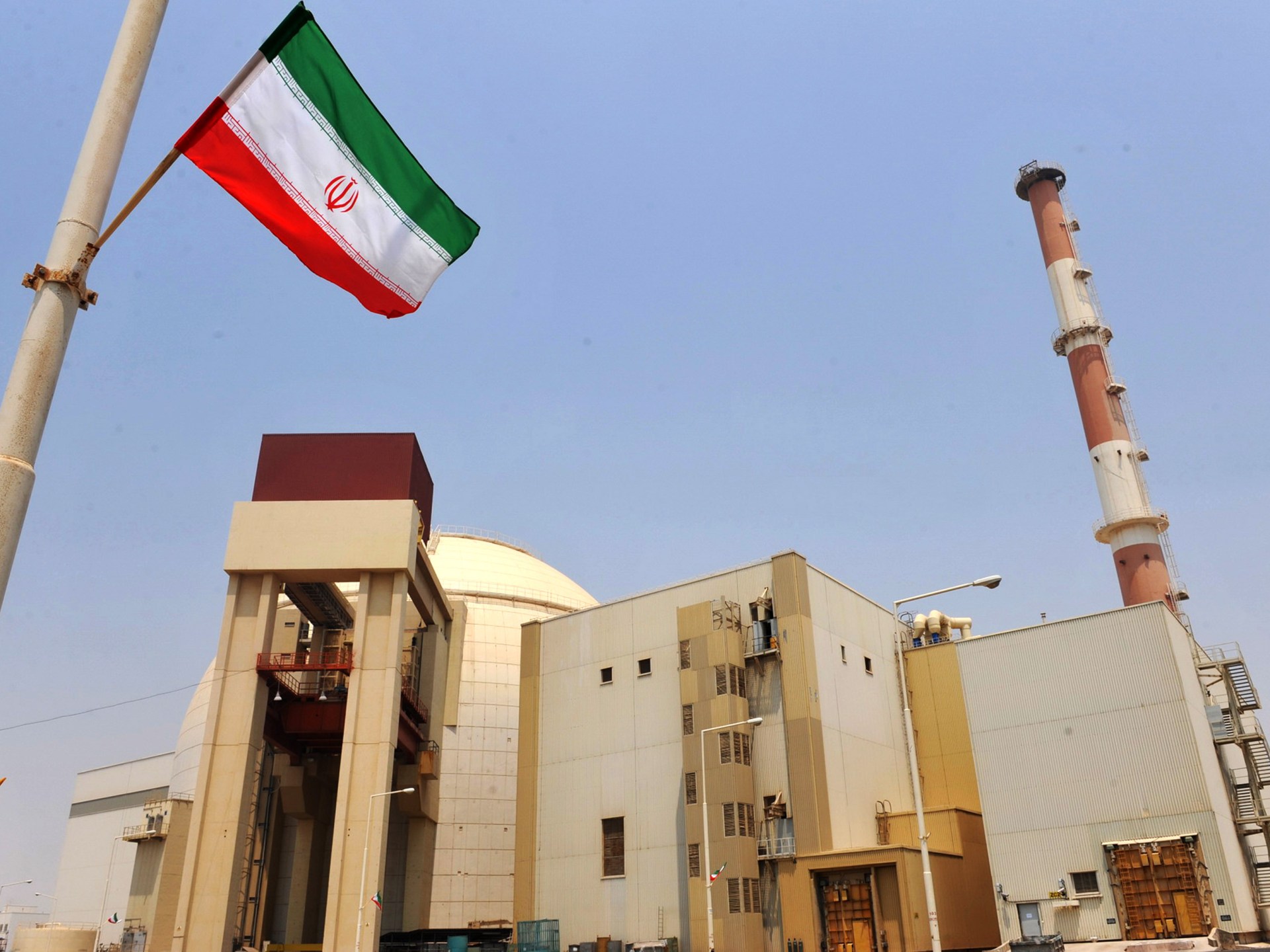
Iran nuclear deal ‘imminent’ with crippling sanctions removed
Al Jazeera
Nuclear talks positive but expectations not fully met, Iran says
Al JazeeraIran may accept EU proposal to revive nuclear deal if demands met: Report
The Hindu
Talks to revive Iran nuclear deal end, produce ‘final text’
Associated Press
Negotiators optimistic about progress on Iran nuclear deal
Associated Press
Iran nuclear deal could be near as EU circulates ‘final text’
Al Jazeera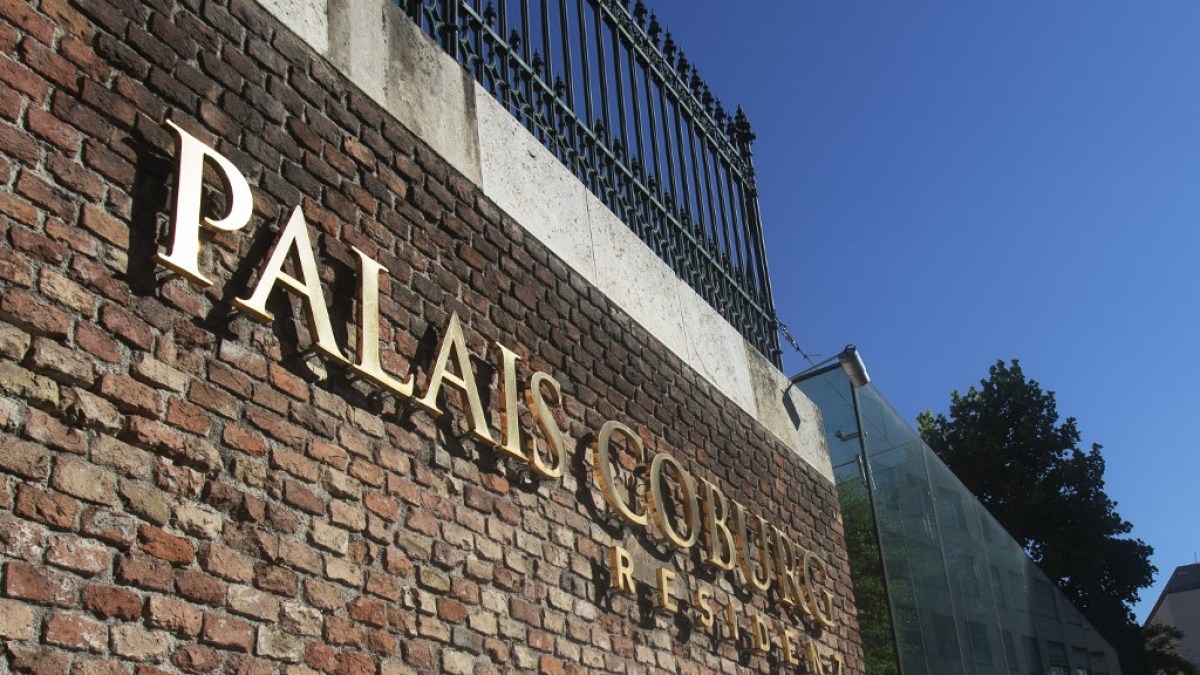
‘Right direction’: Iran nuclear officials optimistic on deal
Al JazeeraIran nuclear talks restart in Vienna
The Hindu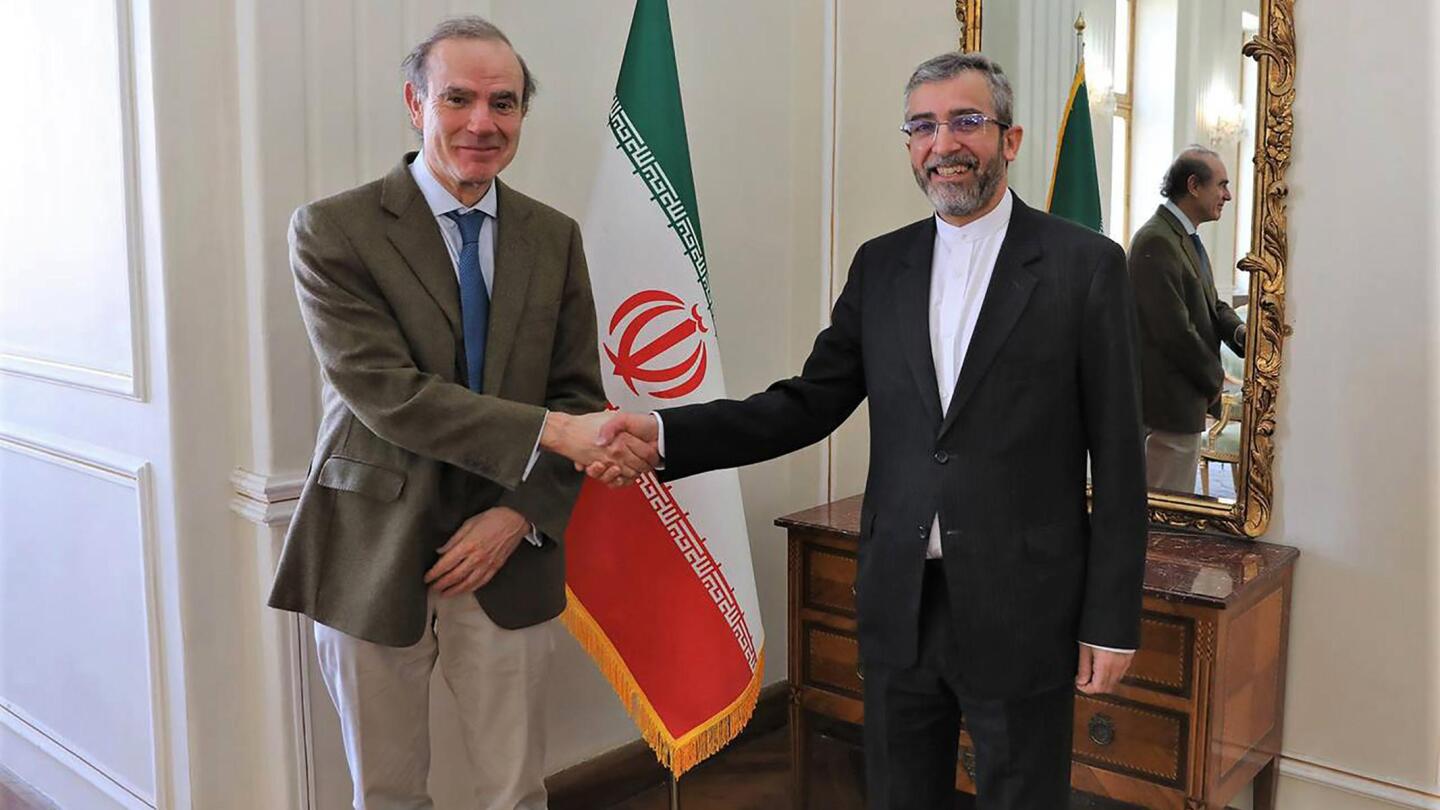
Iran, US, EU to send envoys to Vienna for nuclear talks
Associated Press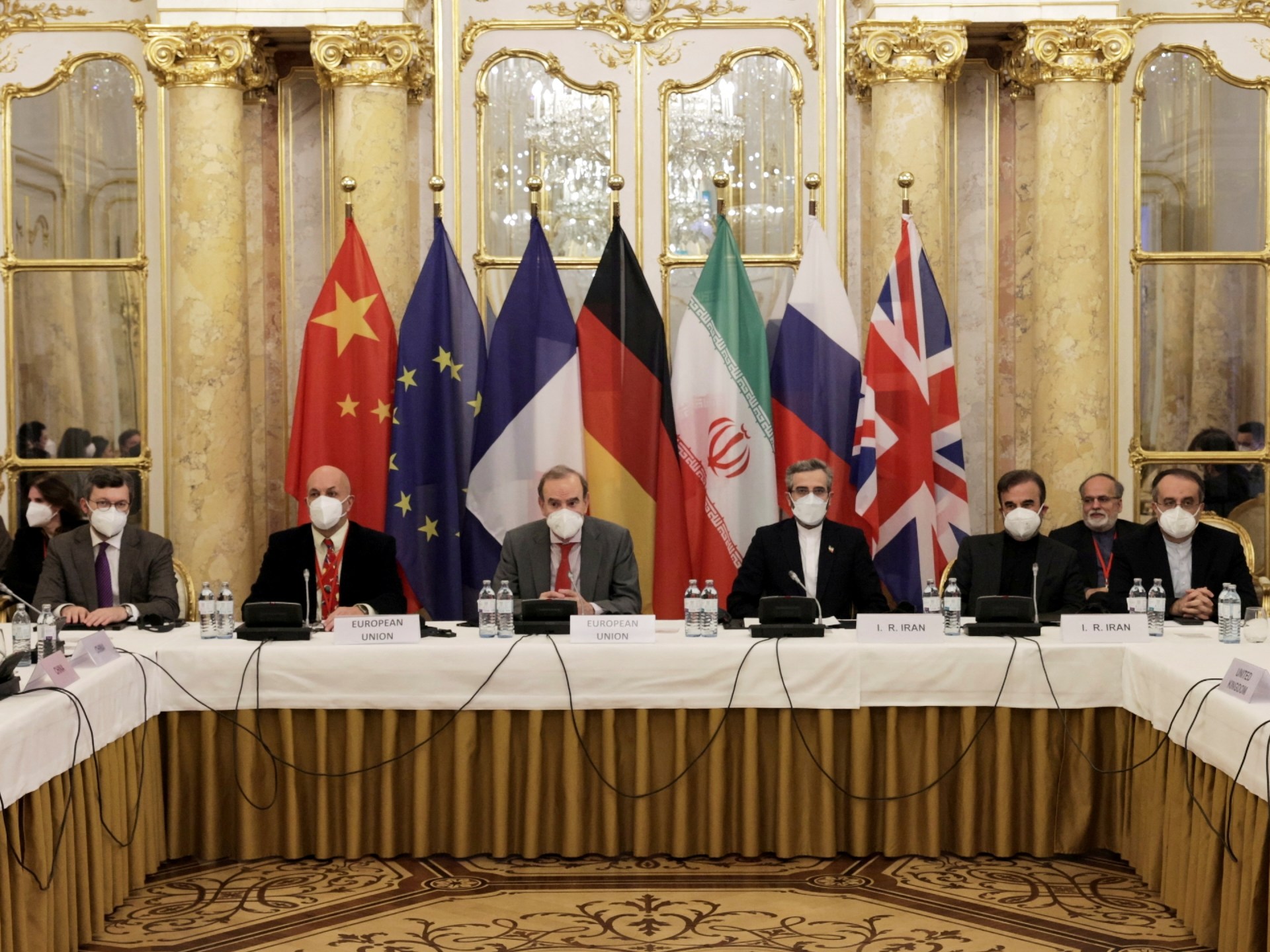
Iran nuclear talks to restart in Vienna with EU mediation
Al Jazeera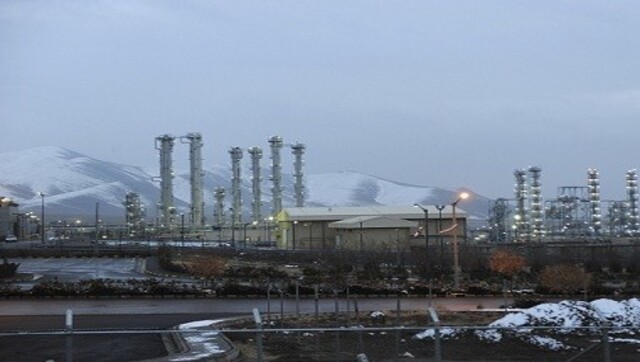)
Iran says 'optimistic' after EU proposal for 2015 nuclear deal
Firstpost
Iran deploys more centrifuges as it proposes new round of talks
Al Jazeera
Iran says it has new ideas on nuclear deal after EU proposes text
Al Jazeera
Deal or no deal?: On U.S.-Iran direct talks on nuclear deal
The HinduUS-Iran nuclear talks in limbo, EU fears it may be too late to save deal
ABC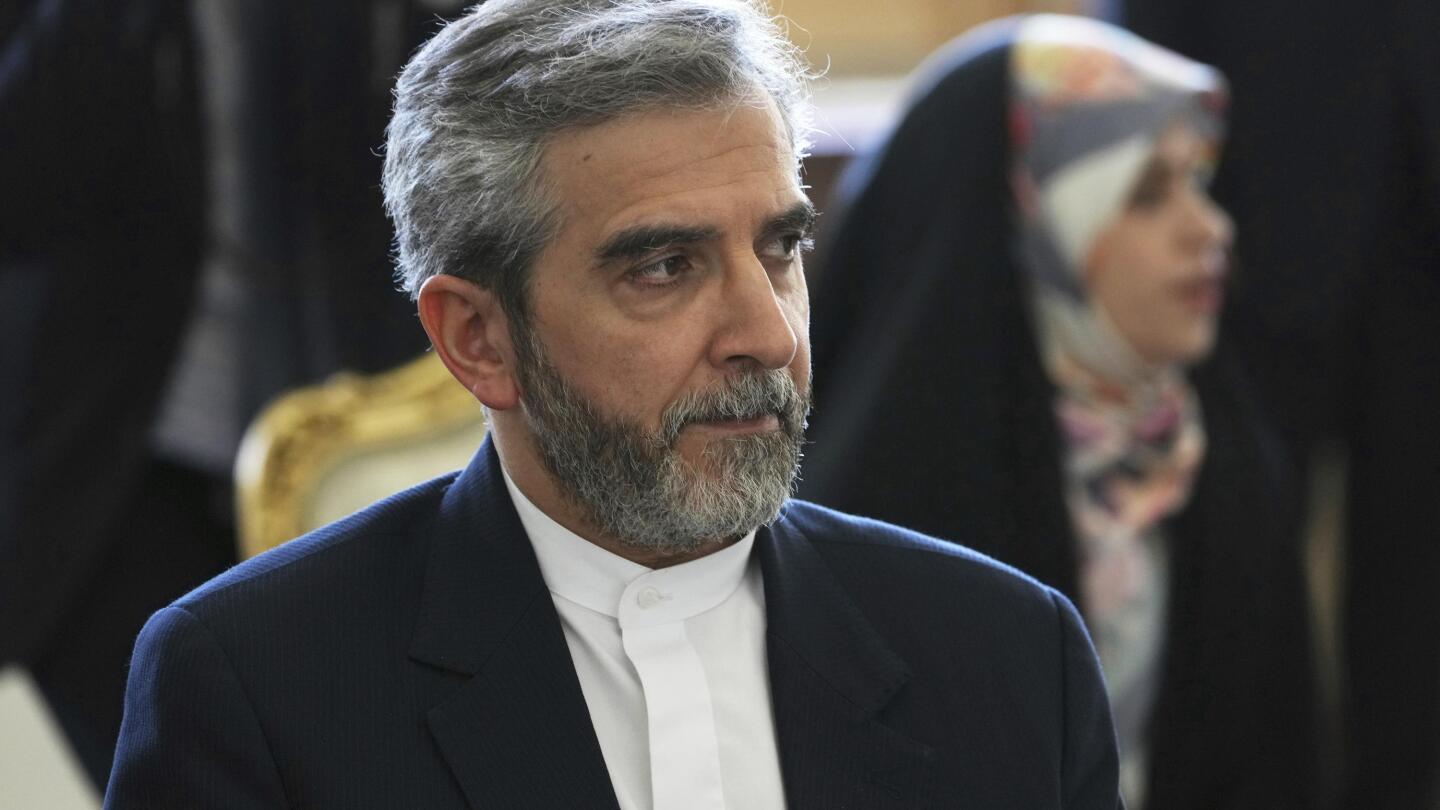
Iran says it’s ready for new talks with US on nuclear deal
Associated Press
Iran-US nuclear talks in Qatar end without making progress
Associated Press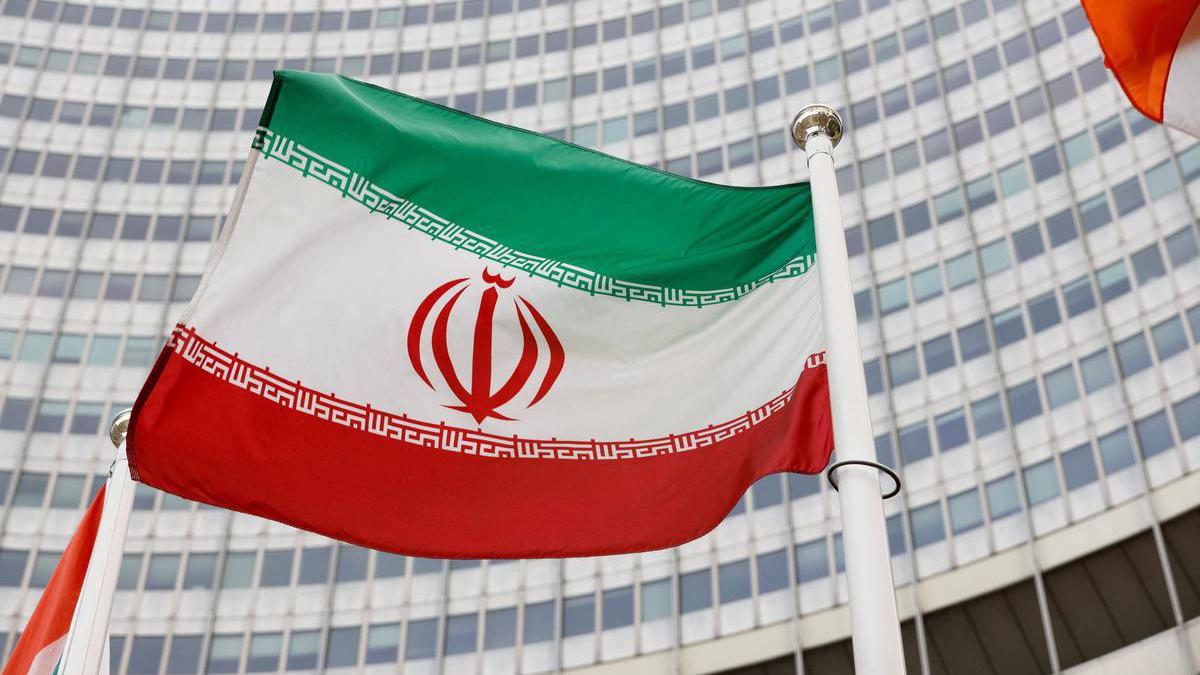
Iran says to hold indirect talks with U.S. on nuclear sanctions
The Hindu
Iran, US restart crucial nuclear talks in Qatar with EU mediation
Al JazeeraIran to face censure amid stalled nuclear talks
The Hindu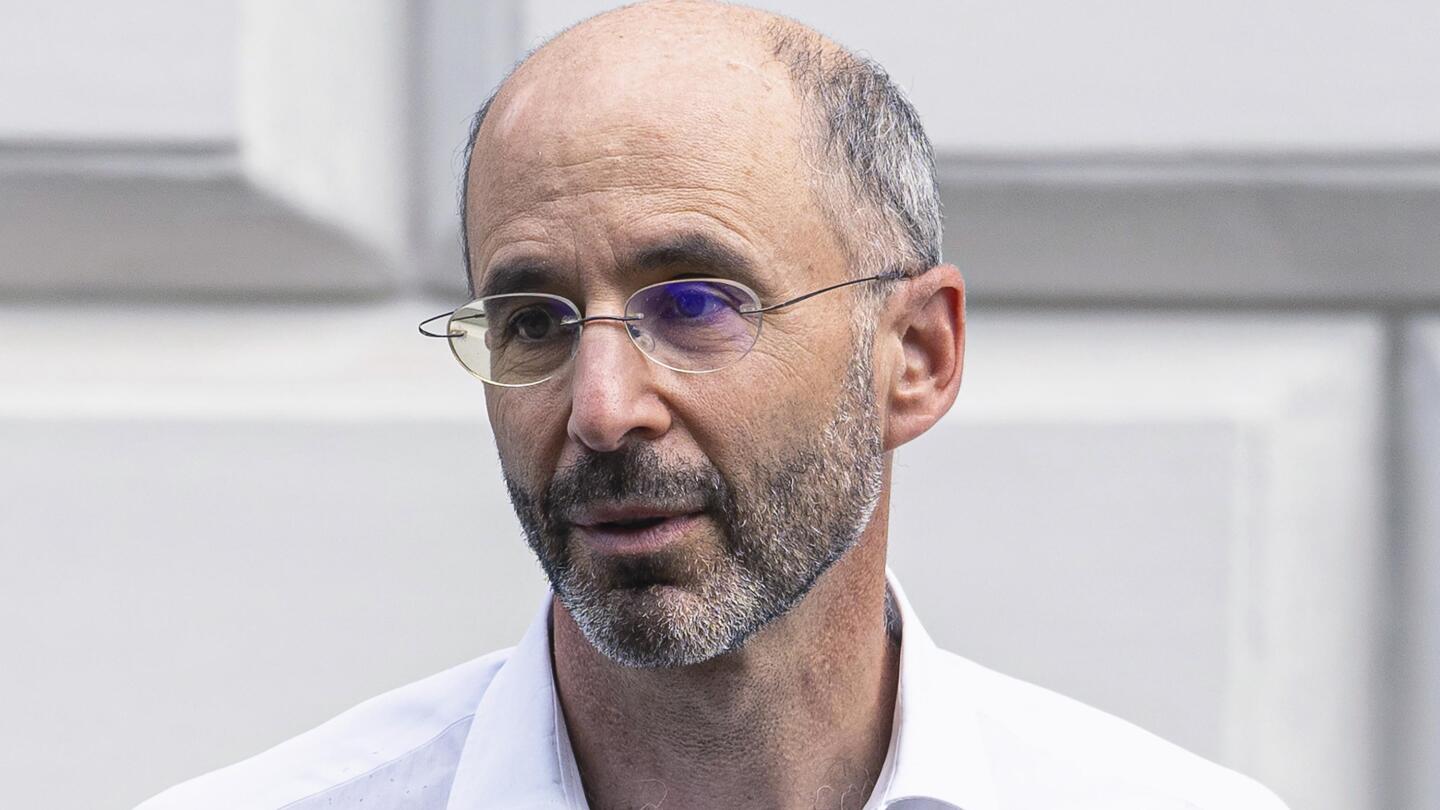
Envoy: Iran nuclear deal looks ‘tenuous’ but worth seeking
Associated Press
Iran says awaiting U.S. response to nuclear talks 'solutions'
The Hindu
Iran confirms EU envoy visit to save stalled nuclear deal talks
Al Jazeera
Can Iran and the US finalise their nuclear talks?
Al Jazeera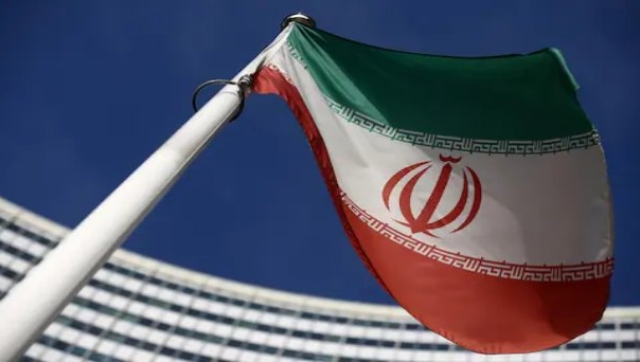)
Iran nuclear deal: European Union envoy visits Tehran to 'close gaps' in Vienna talks
Firstpost
As Ukraine war rages, diplomats near Iran nuclear agreement
Associated PressAs Ukraine war rages, diplomats near Iran nuclear agreement
The Hindu
A new deal: on reviving the JCPOA
The Hindu
Iran blames US for JCPOA delays as top diplomat heads to Russia
Al JazeeraDiscover Related

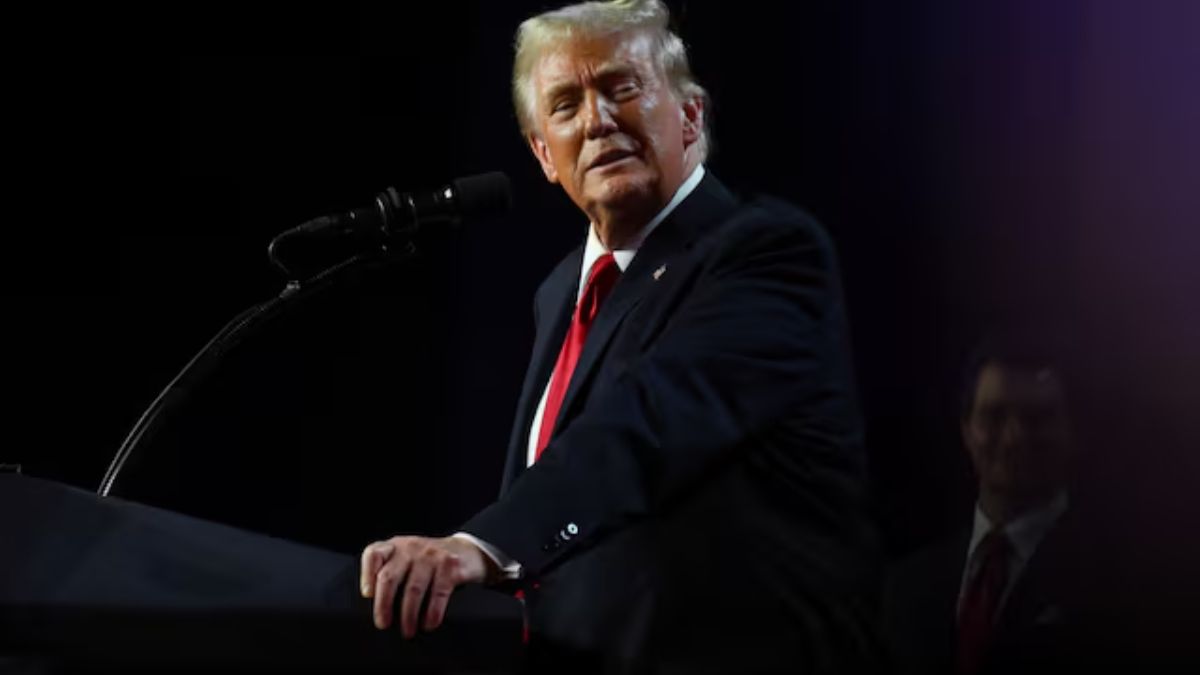)
)

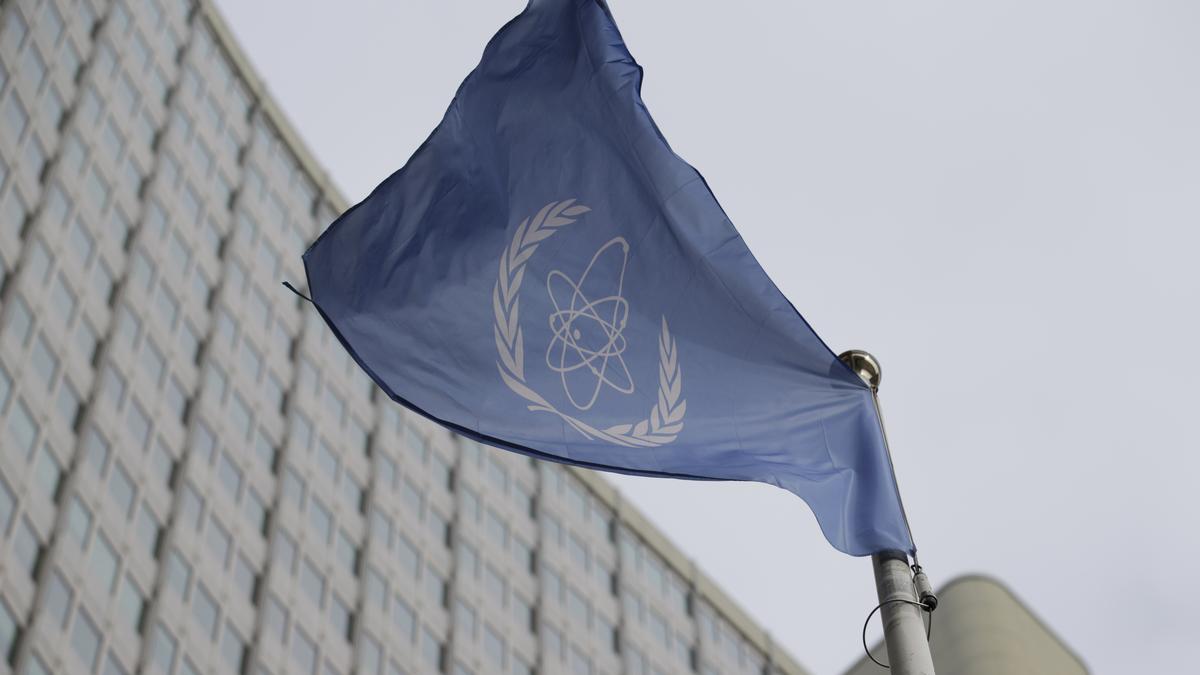
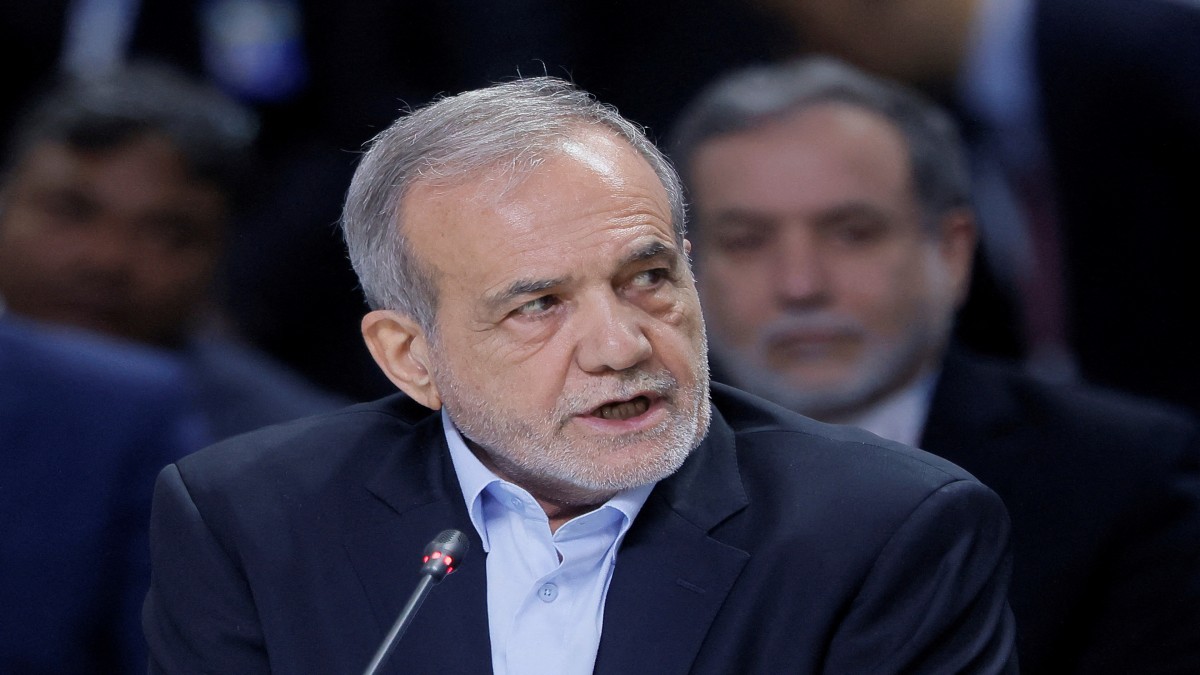)


)
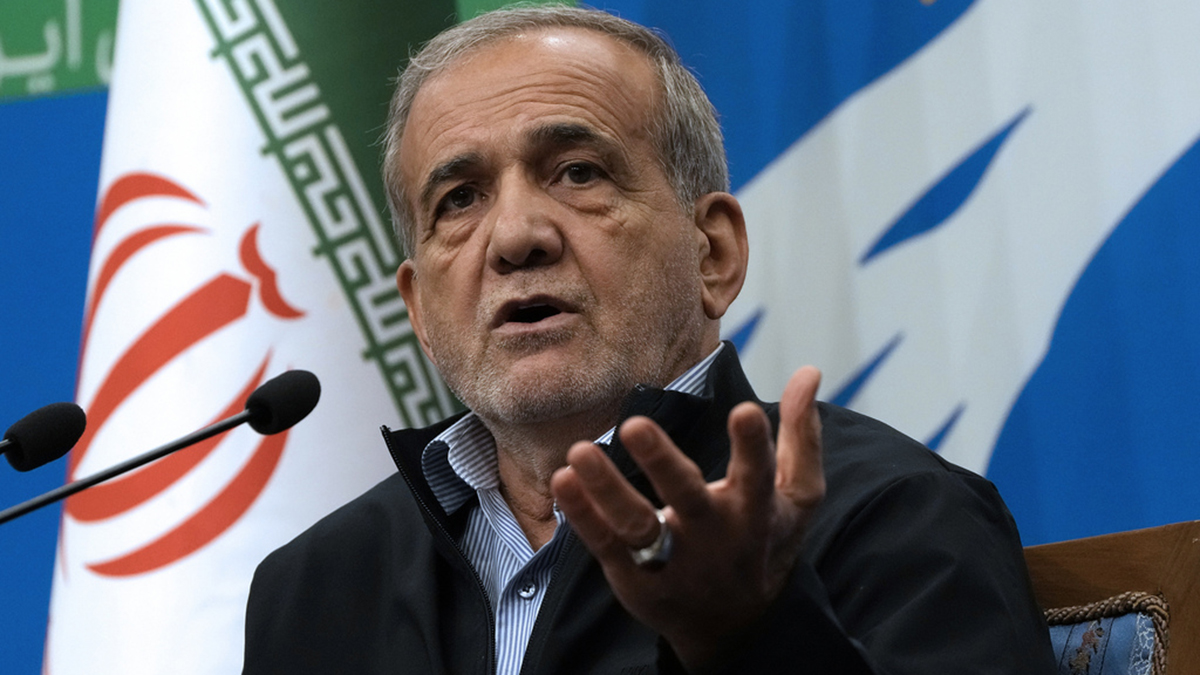)
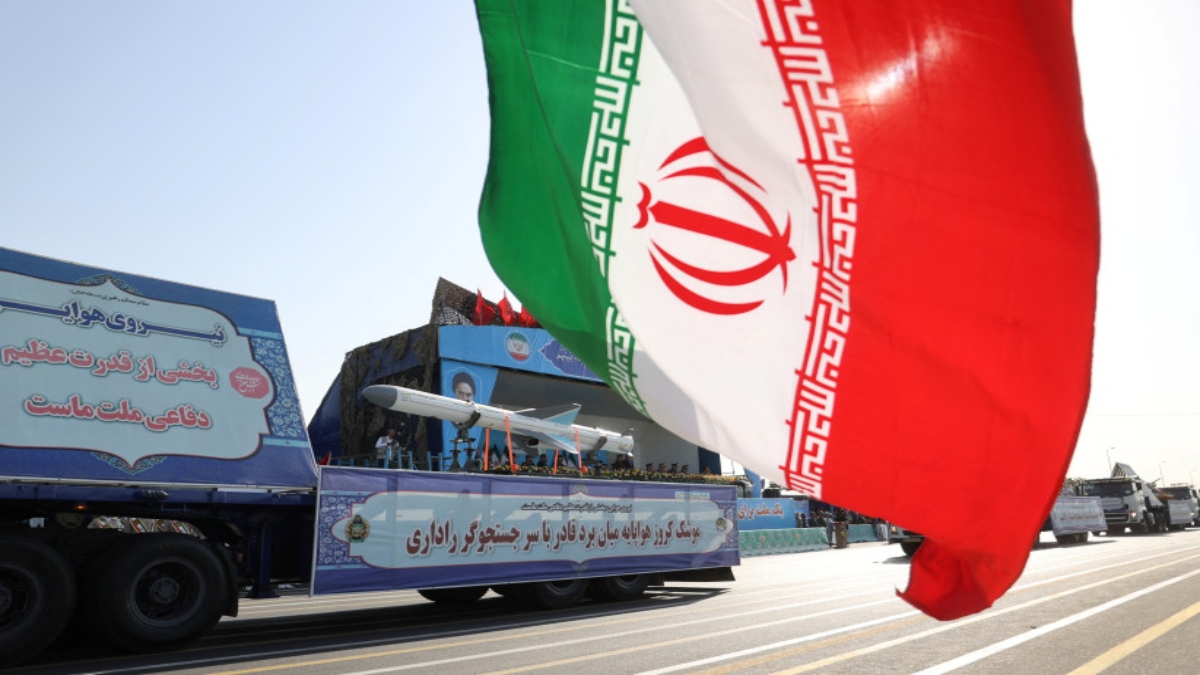)


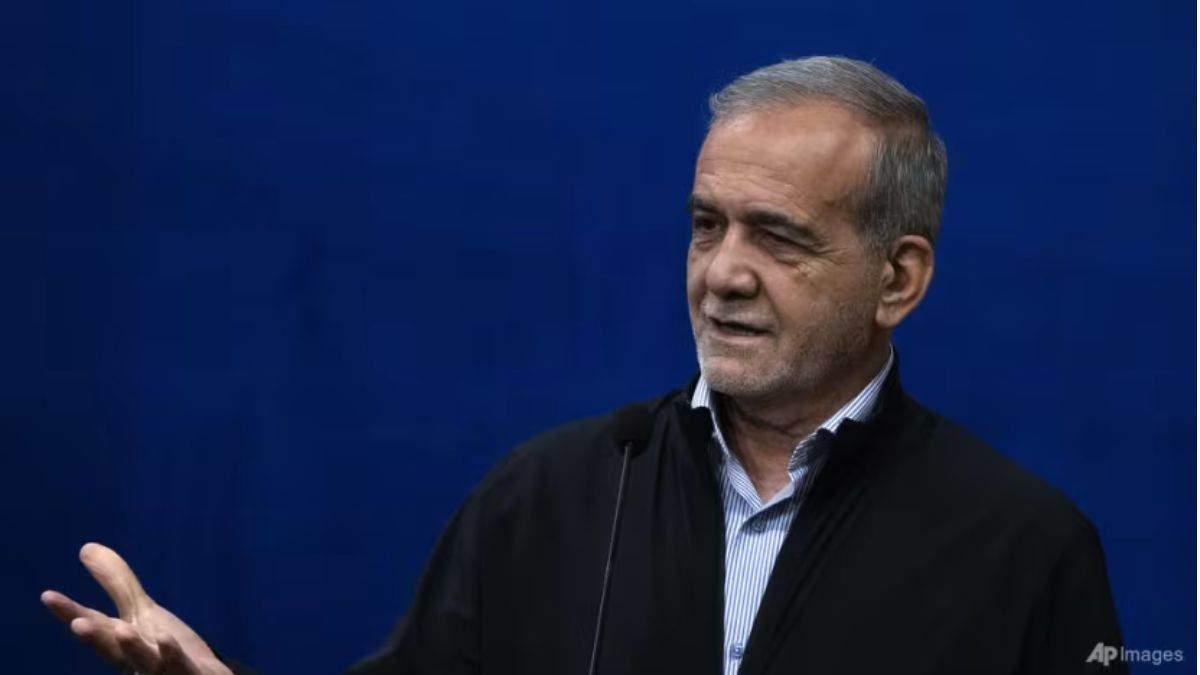)

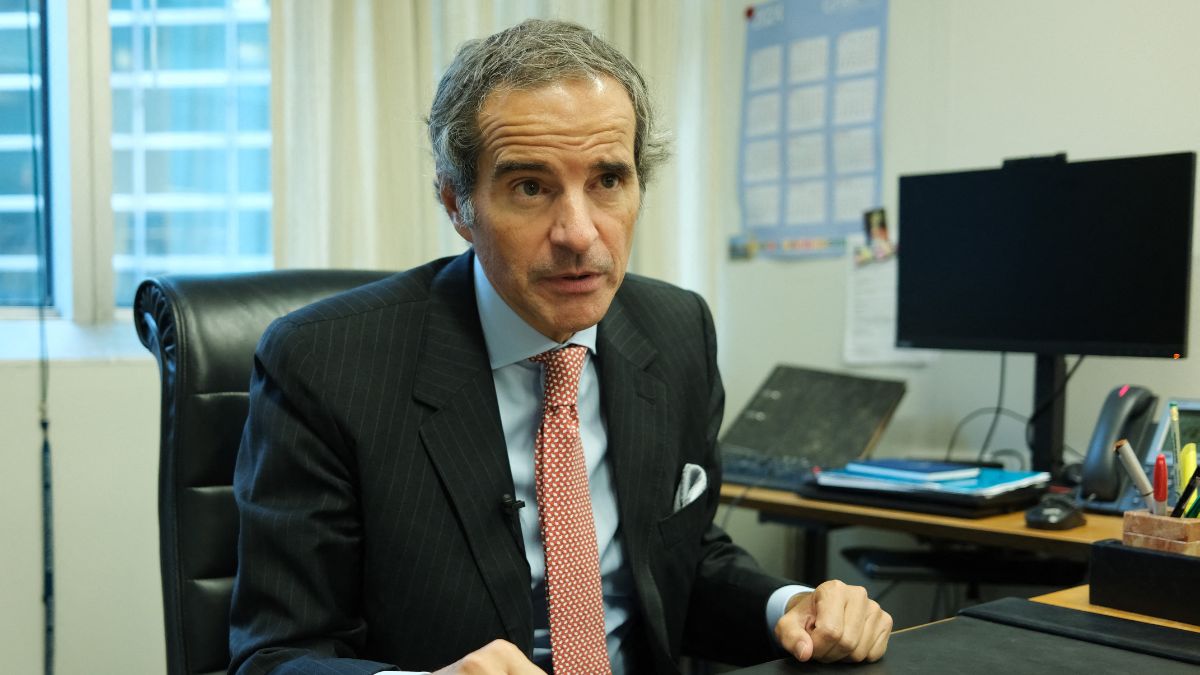)
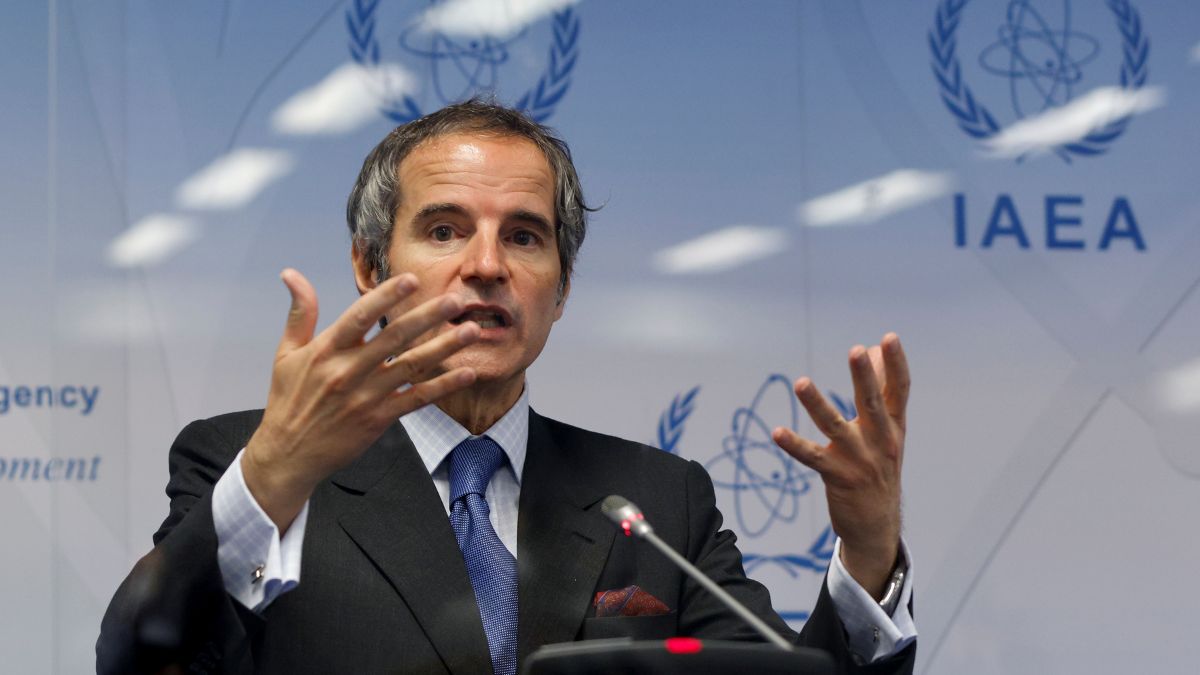)
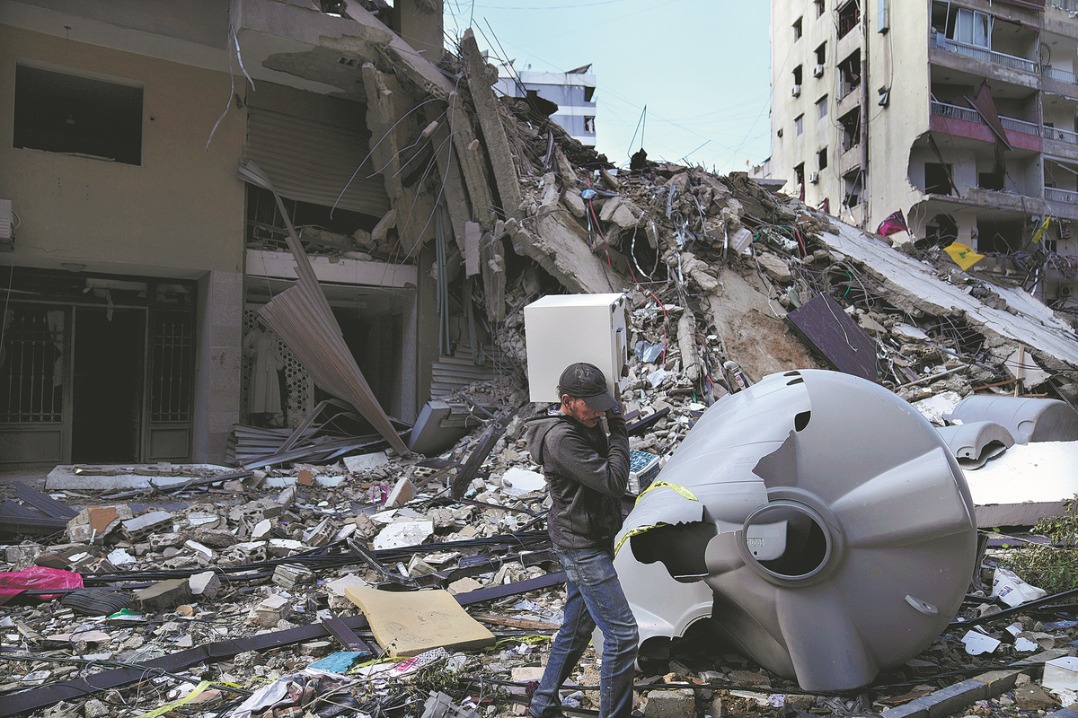
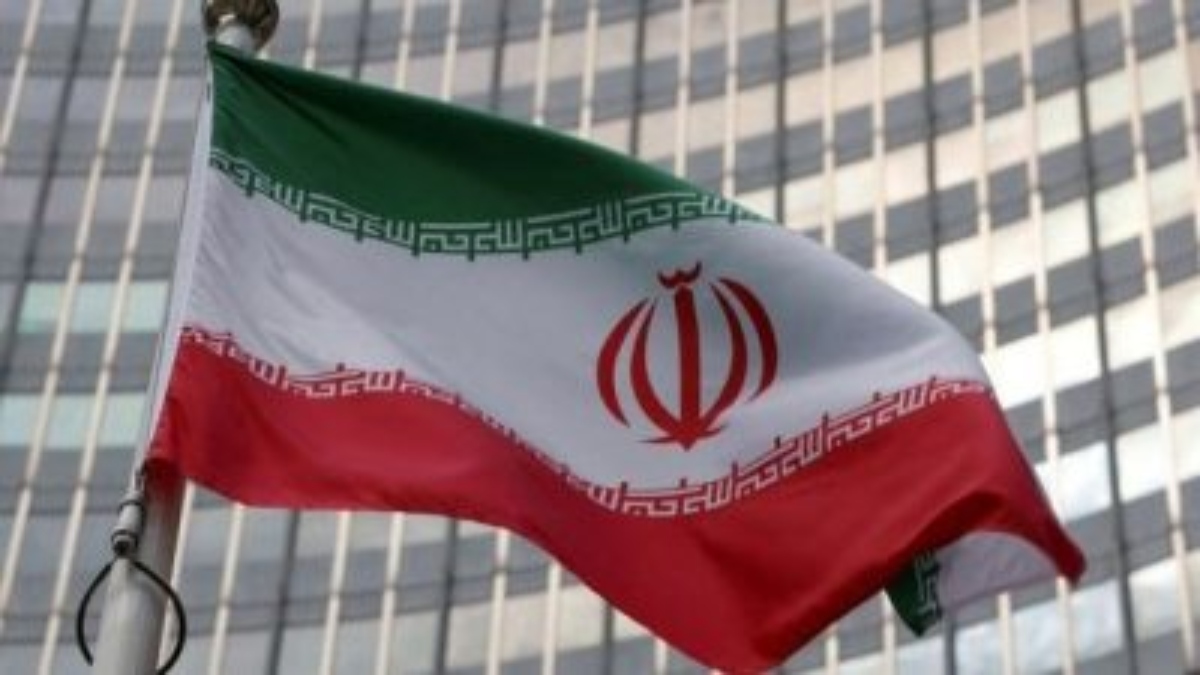)
)
